Table of contents
Mini split systems are a convenient and energy-efficient way to cool specific rooms in your house without relying on bulky ductwork. Homeowners in Trussville often choose ductless units for their quiet performance and precise temperature control. But like any HVAC system, mini splits can run into issues over time, especially during peak summer months when they’re running frequently.
One concern that slips under the radar for many homeowners is excess condensation. While some level of moisture is typical as the system removes humidity from the air, too much of it or water showing up where it shouldn't can signal a bigger problem. Knowing what causes condensation problems and how to catch them early can help prevent water damage, mold, and system failure.
Understanding Mini Split Condensation Issues
Mini split systems cool your home by pulling heat and moisture from the air inside your room and releasing it outside. This process creates condensation, which usually drains safely away through internal tubing. When everything is working right, you won't even notice this happening. But when there’s trouble, that built-up moisture has nowhere to go.
Some of the most common causes of condensation problems in mini split systems include:
- Clogged drain line
Over time, dust and dirt can block the drain line, preventing water from draining properly. This can lead to moisture dripping from the indoor unit or collecting on the wall.
- Improper installation
If the system wasn’t installed with the correct tilt or the drainage line wasn’t routed properly, water could back up and leak inside.
- Low refrigerant
If refrigerant levels drop, the coil may freeze and then thaw out, causing excess water that can’t drain fast enough.
- Dirty air filters or coils
Dust-filled filters or coils reduce airflow and increase the chances of the coil freezing up, leading to more condensation.
- Faulty drain pan
A damaged or corroded pan can fail to hold water, causing it to drip below the unit instead.
When moisture builds up in the wrong places, it can damage your walls, floors, or even the unit itself. That’s why it’s important to recognize when something isn’t right.
Signs of Condensation Problems
If you’re dealing with condensation issues from your mini split unit, there are usually some obvious signs. Spotting them early can help reduce damage and make repairs easier. Some red flags to keep an eye on include:
1. Dripping water or stains on the wall
If you see water stains under the unit or notice drops of water collecting, there may be a blockage in the drain line or an overfilled drain pan.
2. Odd sounds from the indoor unit
Gurgling or bubbling noises may indicate trapped water trying to move through a clogged drainage line.
3. Musty odors in the room
Too much moisture in the air, wall, or even inside the unit can lead to mildew or mold growth. If you're noticing a damp smell when the unit runs, that's something to look into right away.
4. Loss of cooling efficiency
When cooling performance drops during hot days in Trussville, it could stem from condensation problems. Poor drainage may cause parts like the evaporator coil to freeze or collect extra moisture, affecting the system's ability to cool the room as it should.
Even small signs can point to larger problems behind the scenes. Taking action early can make all the difference for your system and your indoor comfort.
Preventing Condensation Issues in Mini Split Systems
Staying ahead of condensation trouble isn’t hard when the system is kept clean and running the way it should. A few routine steps can make a big difference in preventing buildup and keeping your mini split in great shape throughout the summer in Trussville.
Start with regular maintenance. Dust, pet hair, and pollen can quickly clog filters and coils, leading to airflow problems that increase condensation. Cleaning the air filters every few weeks during heavy use helps prevent these blockages. Also, make sure the outdoor unit is free from debris, plants, or any objects that could reduce airflow.
Next, take the time to check for moisture near the drain line and base of the indoor unit. Even a few drops showing up too often could be an early warning sign. Listen for strange noises and pay attention to any changes in how the unit performs.
Another key part of prevention is proper installation. If a mini split wasn’t installed with the right angle or its drainage lines weren’t laid out correctly, water may start collecting inside the home instead of flowing out. This is often seen in rooms where the unit seems to be tilted or where the back wall starts showing signs of water damage.
Room humidity also plays a part. If your home tends to hold more moisture, using a dehumidifier or running ceiling fans can ease the burden on the mini split system, reducing the chance of extra condensation forming.
Here are the most effective ways to help prevent condensation problems:
- Clean air filters regularly, especially during peak usage
- Keep the outdoor unit clear of plants, leaves, and dirt
- Watch for early signs of moisture or water stains
- Make sure the system was installed at the proper angle
- Use a dehumidifier in rooms with added moisture, such as kitchens or bathrooms
- Have our professionals check drainage lines and inspect components during a tune-up
Adding these steps to your home maintenance checklist can help catch problems before they lead to damage or breakdowns.
When to Call for Mini Split Repairs in Trussville
While some symptoms of condensation problems might seem small at first, there are clear signs that mean it’s time for expert help. Leaks showing up again and again, cooling loss that doesn’t resolve, or an increase in odors signal something deeper that you shouldn’t ignore.
Any repeated gurgling or bubbling sounds should be treated seriously since they suggest trapped water or clogged components inside. And if you’re finding yourself wiping down water under the indoor unit on a regular basis, that’s a sure sign the issue has moved beyond what homeowners can handle on their own.
Even slow performance that seems harmless, like the unit taking longer to cool the room, can come from a frozen coil or refrigerant-related issue. These aren't always seen on the surface but can lead to system strain and higher repair costs if left alone.
Our technicians in Trussville use equipment designed to detect hidden issues inside your mini split system. Whether it’s flushing the drain line, repairing damaged parts, or checking for refrigerant leaks, it’s best to get the problem sorted with professional tools and experience. That way, your system returns to normal faster, and you avoid costly problems later.
Safeguard Your Comfort and System Efficiency
Condensation problems in mini split systems aren’t just a small annoyance. If ignored, they cause damage to your walls, flooring, and AC components over time. Knowing what signs to look for and understanding what causes them can help protect your home and minimize disruption.
Routine checks, keeping your filters clean, and acting quickly at the first sign of a leak add up to a stronger, longer-lasting cooling system. If you live in Trussville and notice anything unusual with your mini split, especially during high summer demand, it's smart to address it early. Even small adjustments or blocked lines can impact comfort throughout the season.
Regular upkeep combined with timely service goes a long way in keeping cooling steady when you need it most. Summer in Trussville brings heavy use to your AC system, and staying ahead of moisture problems can mean fewer interruptions and better performance for your home.
When your mini split system shows signs of excess condensation or reduced cooling performance, taking action quickly is essential to keep your home comfortable during the summer in Trussville. If leaks or musty odors persist, consider scheduling mini split repairs in Trussville to restore efficiency and prevent further damage. Air Experts is dedicated to ensuring your system runs smoothly. For a quick estimate or to book a service visit, please contact us today.
.svg)
.svg)



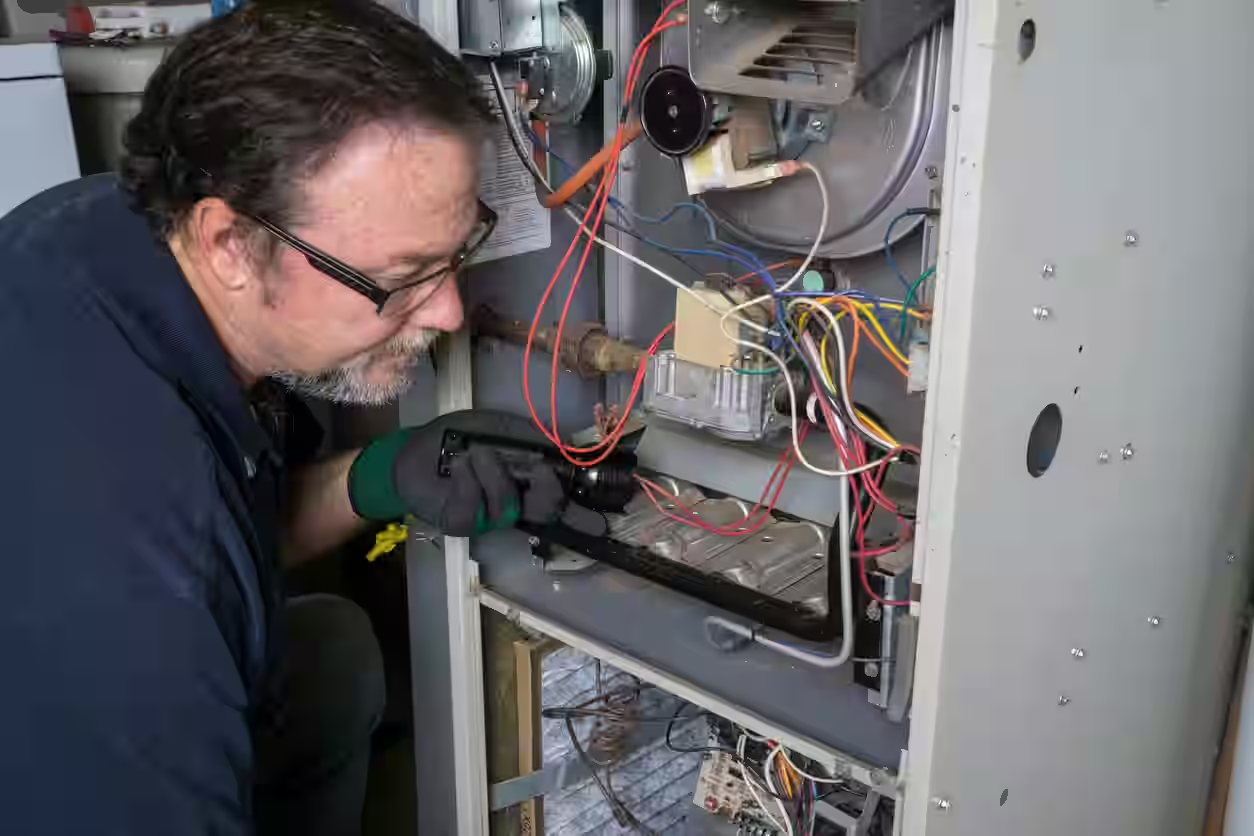

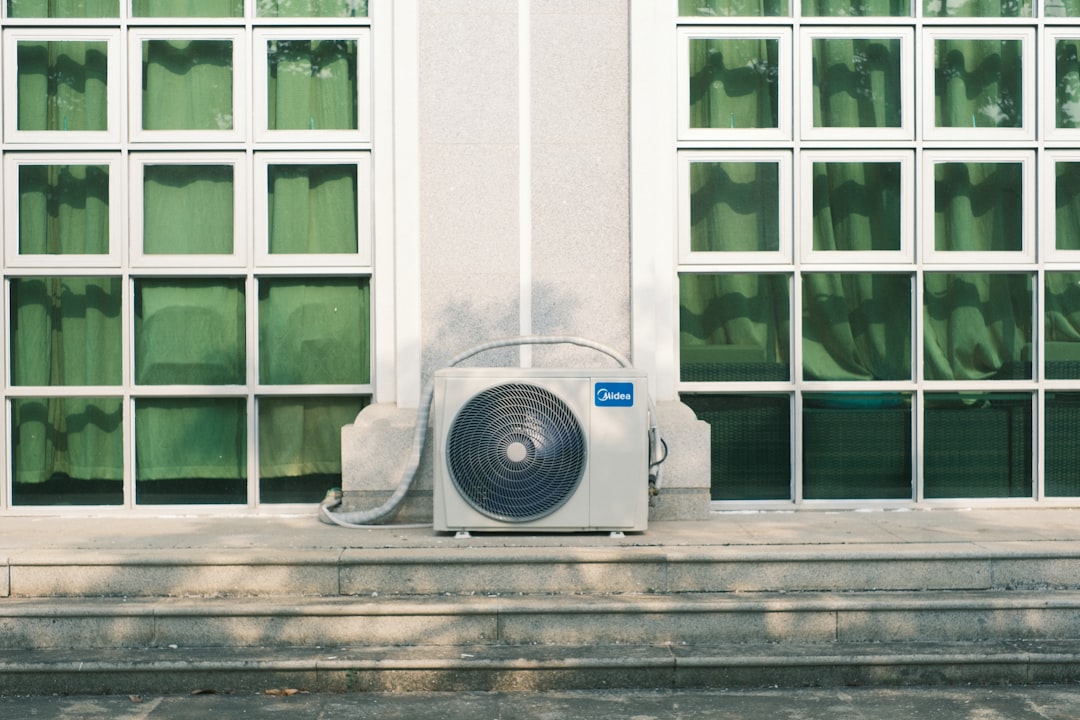

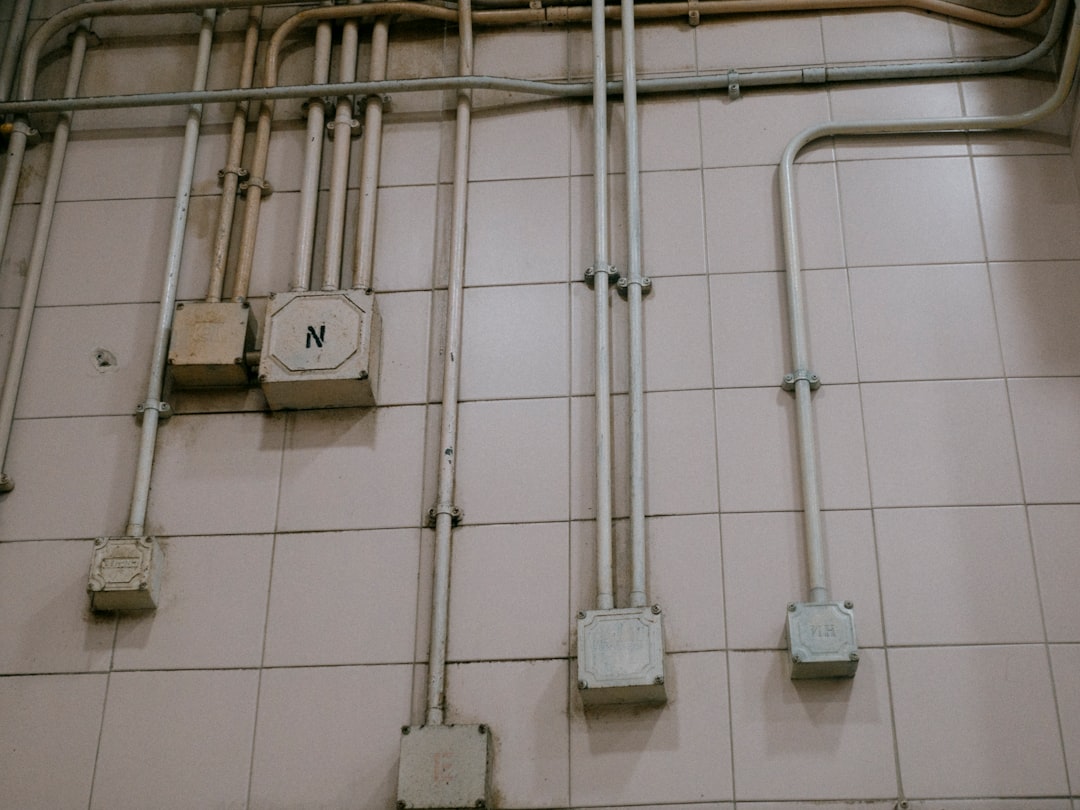


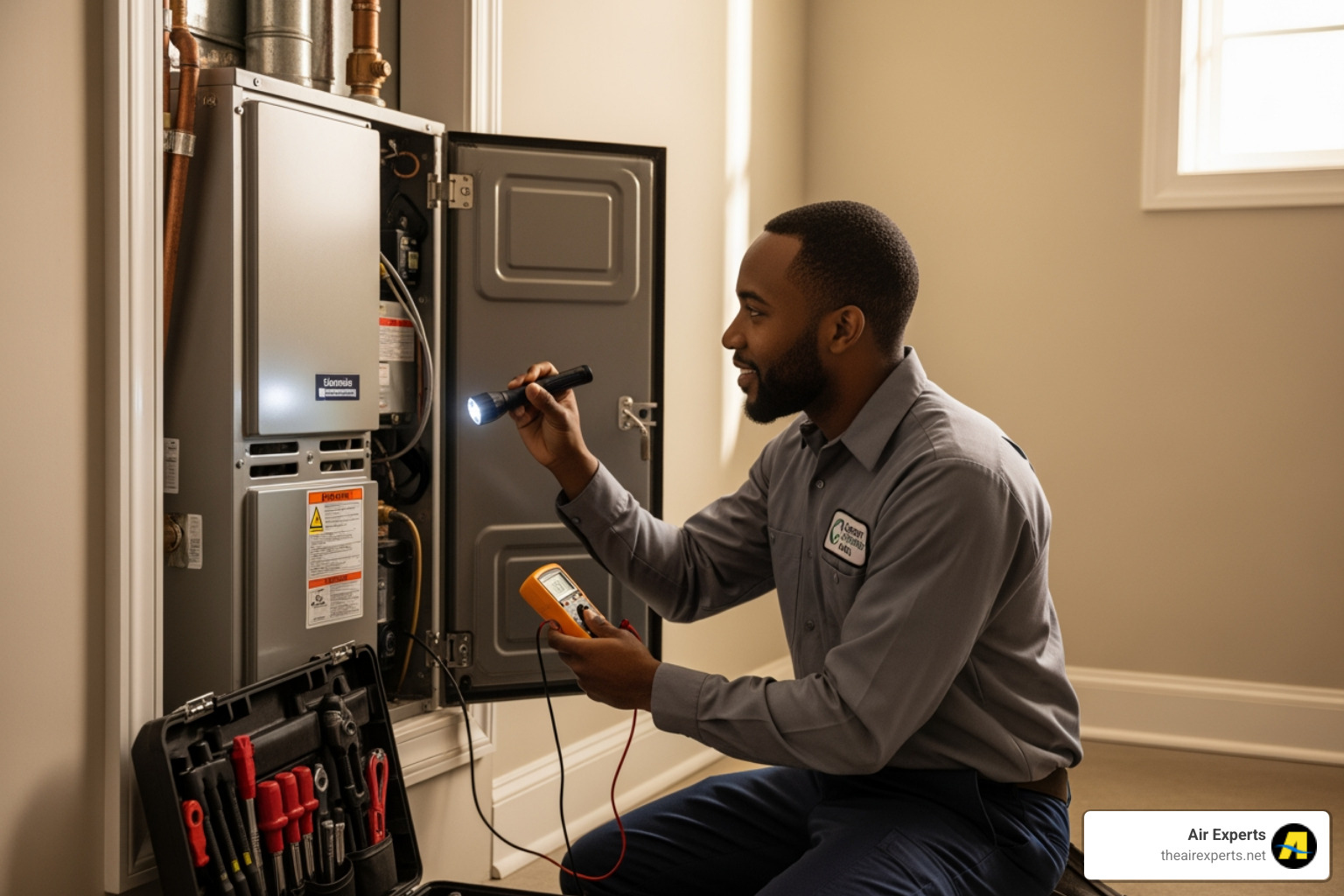
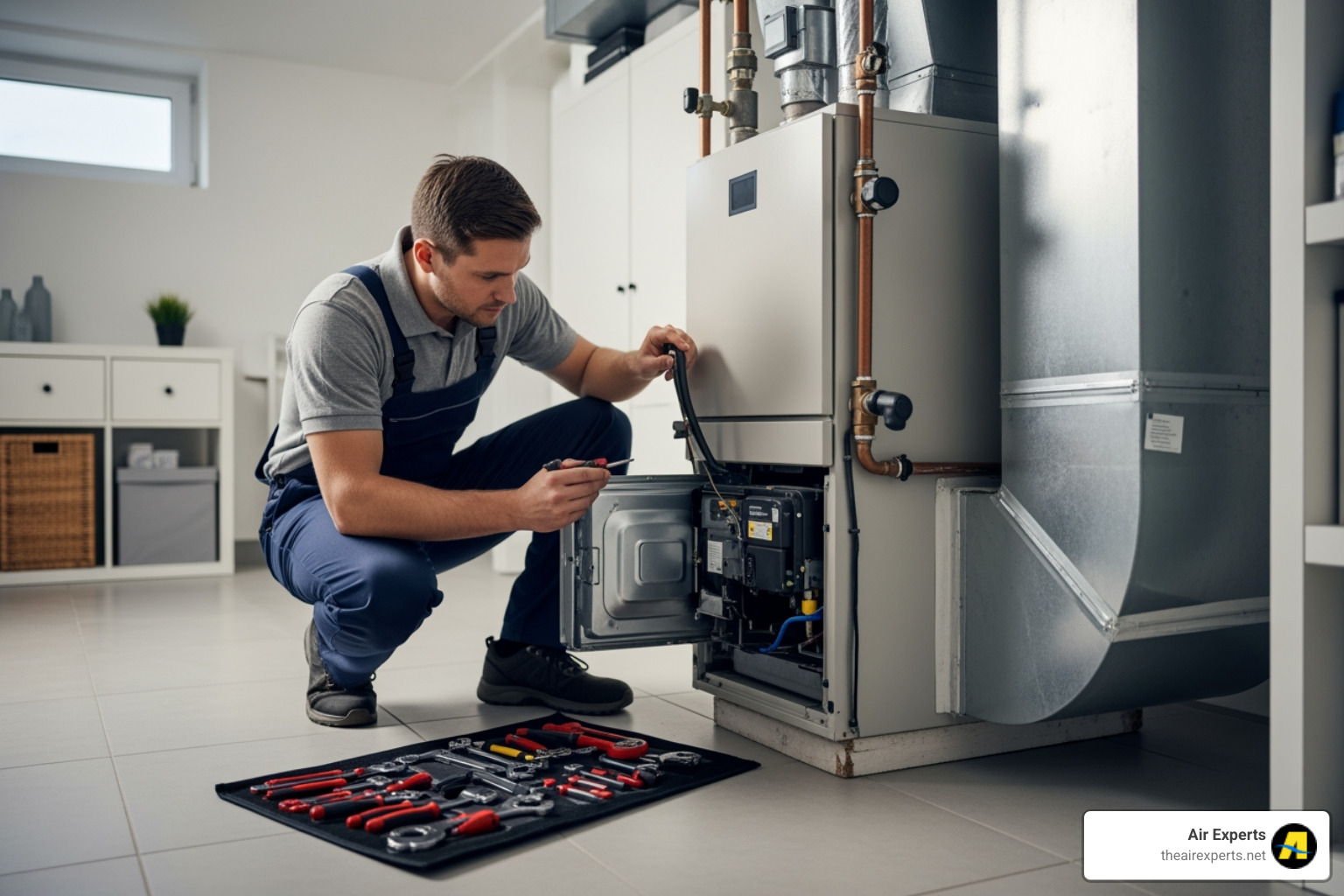
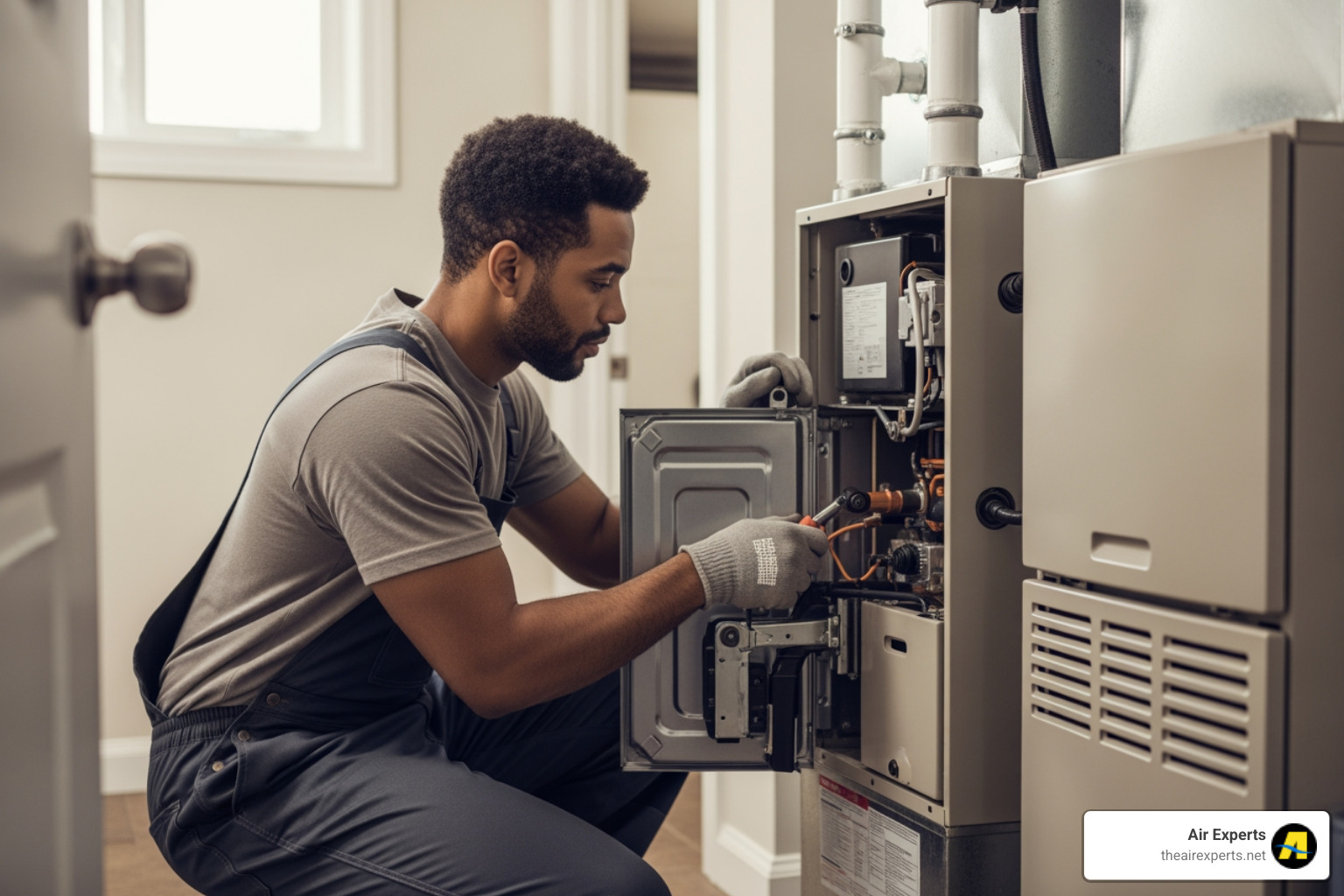


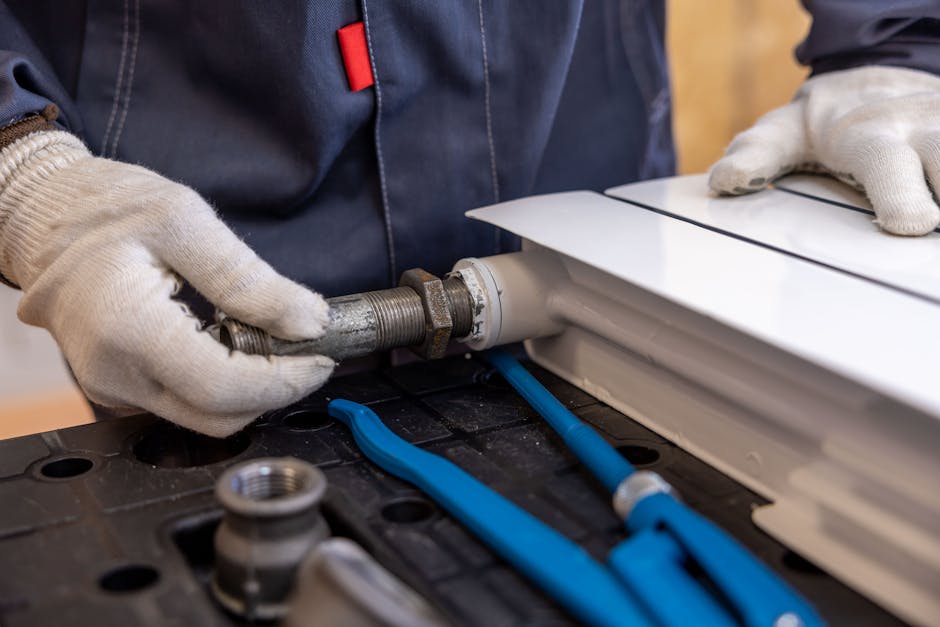







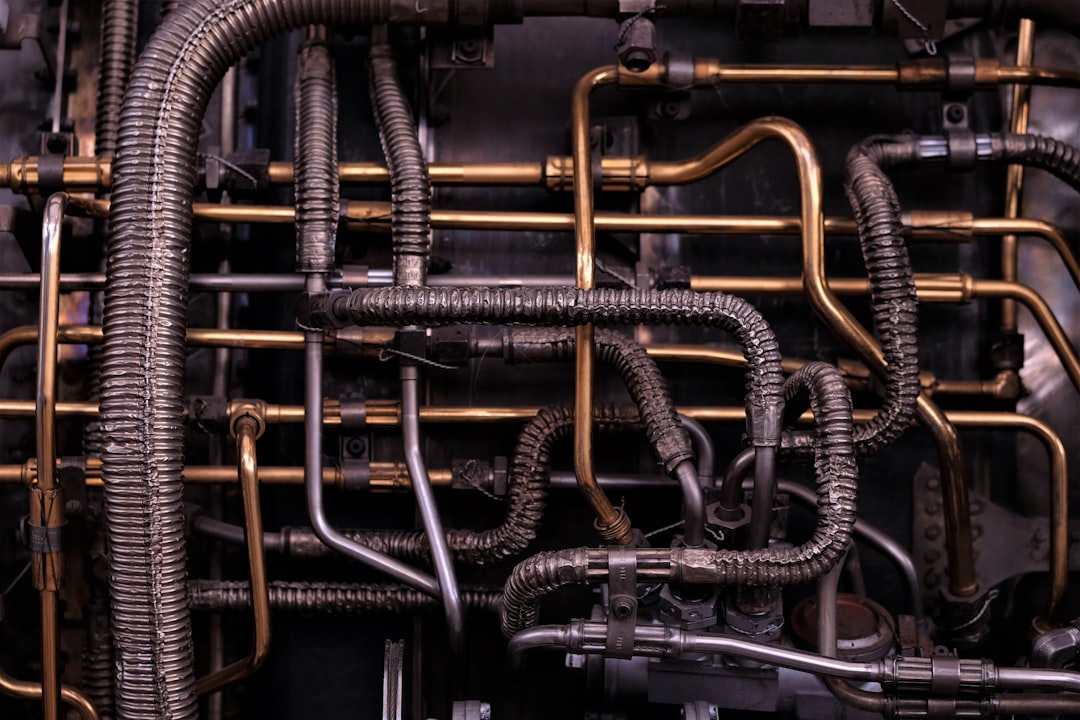
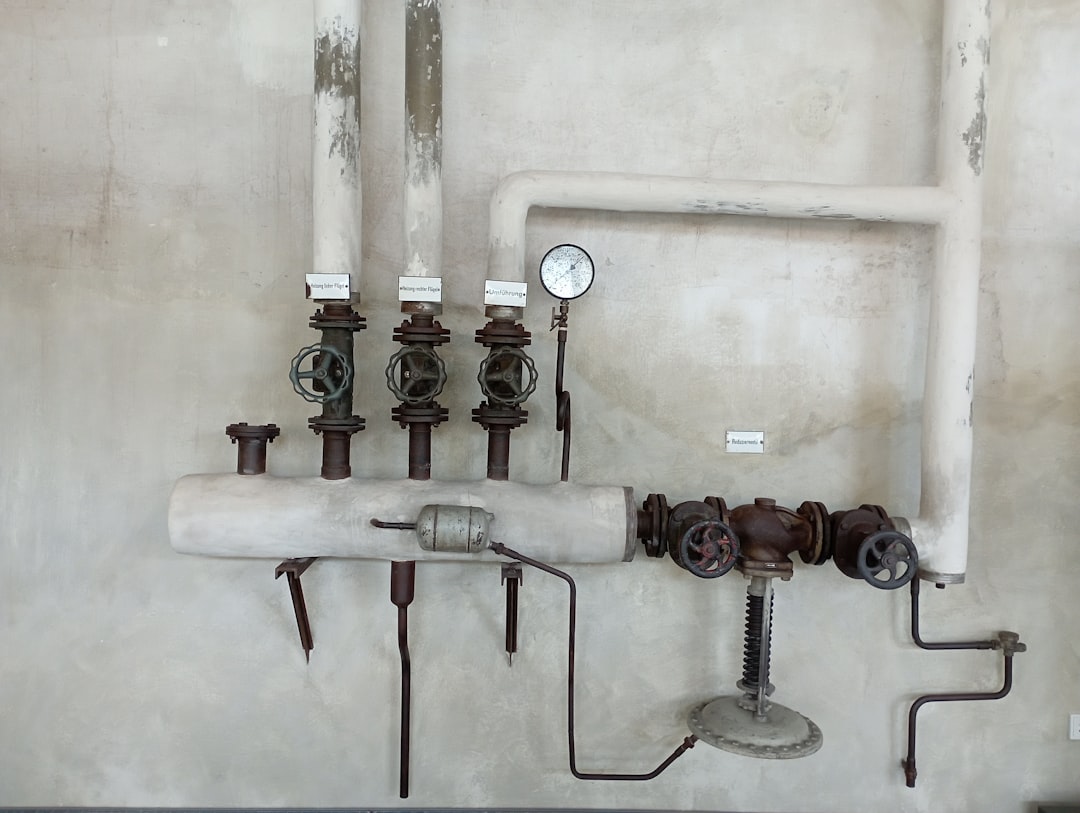







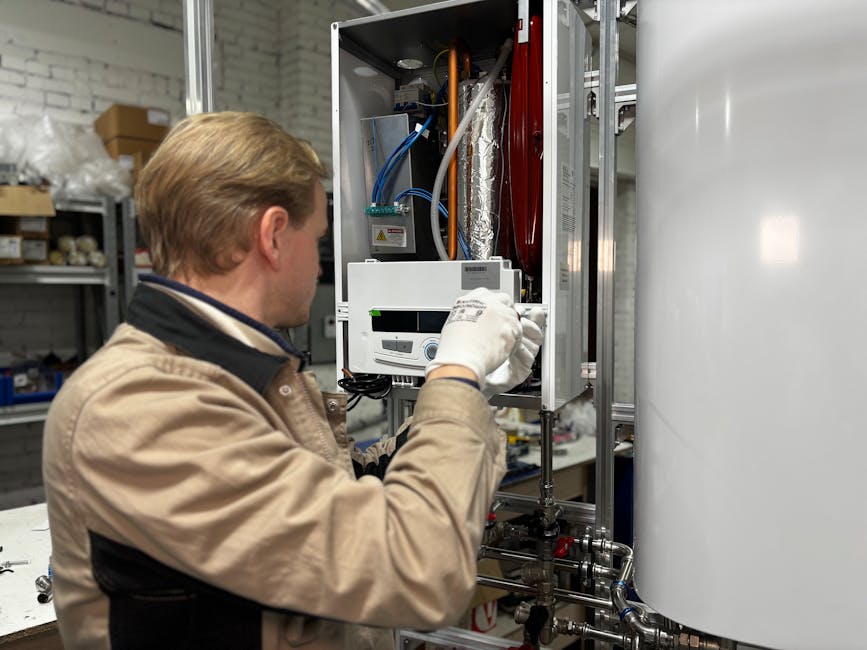
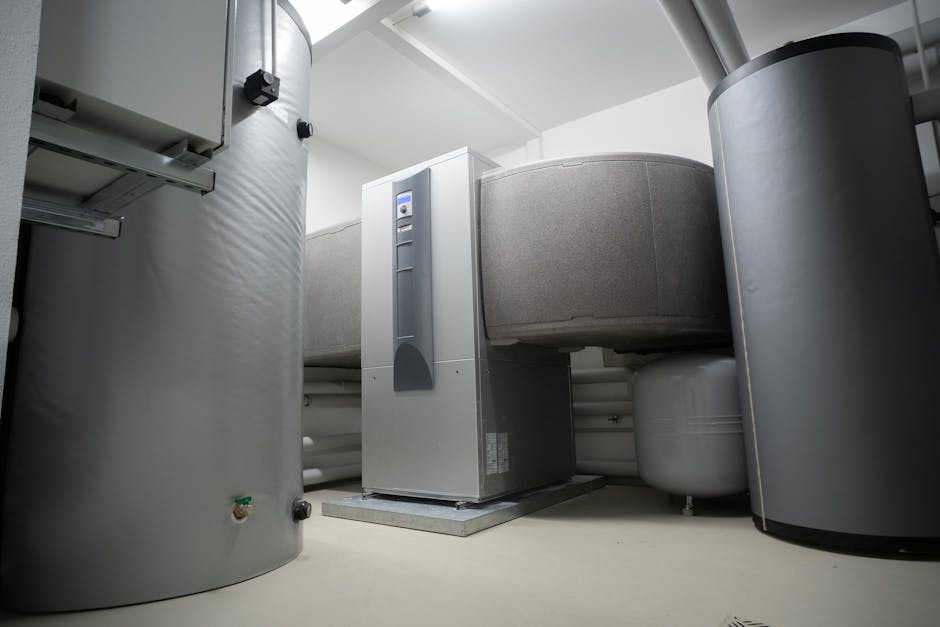
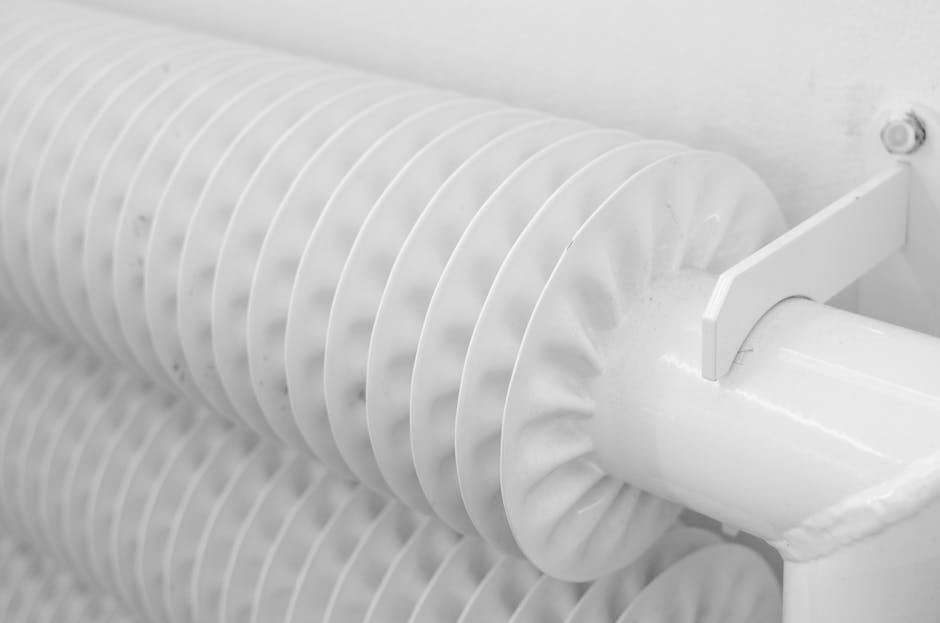
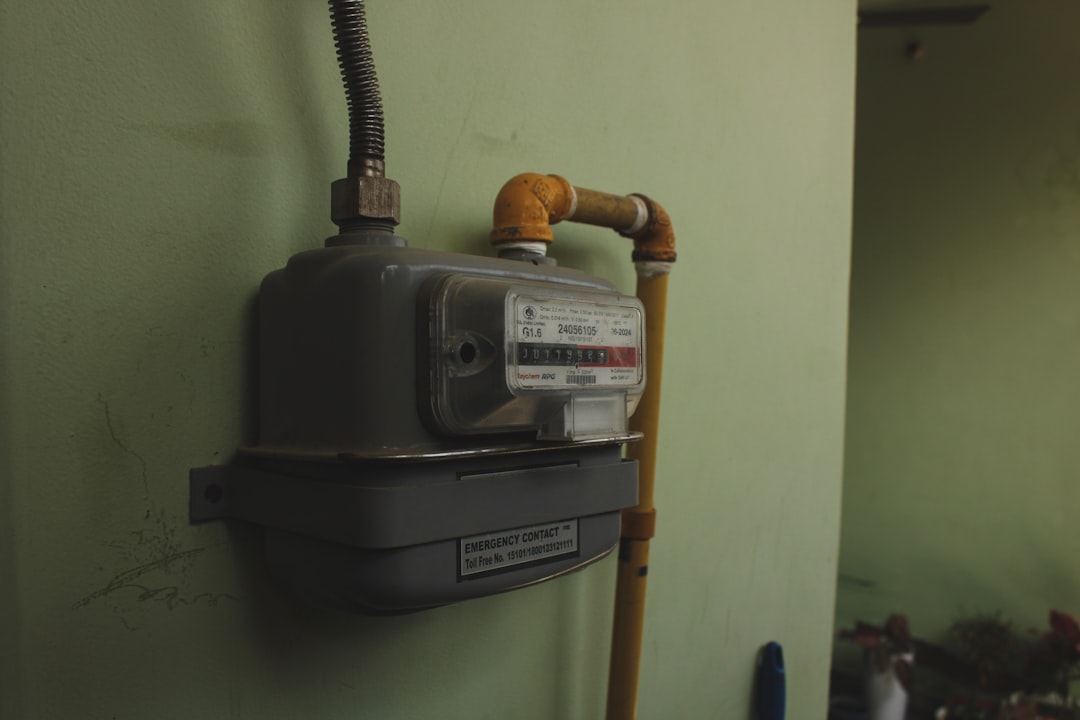
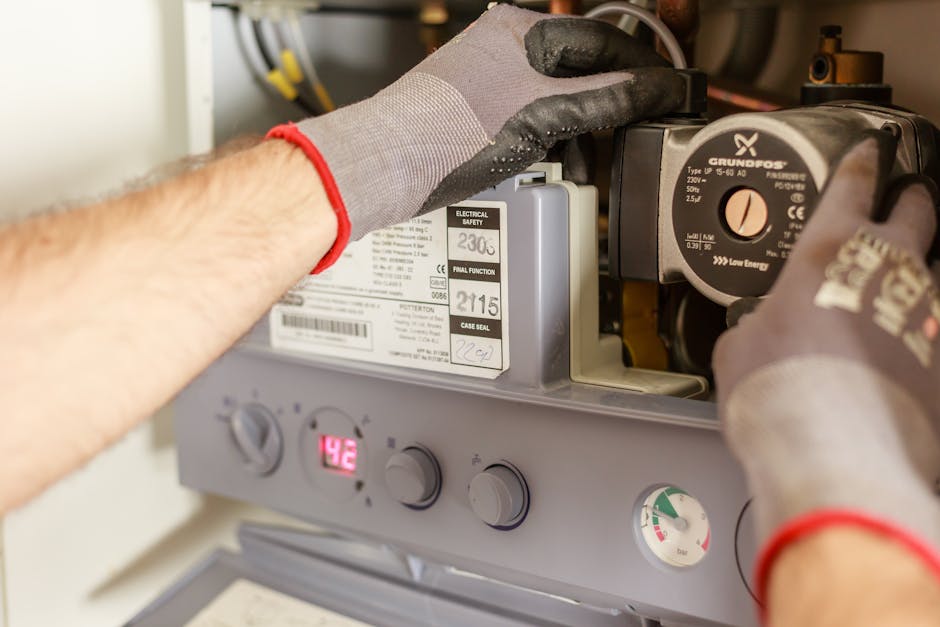
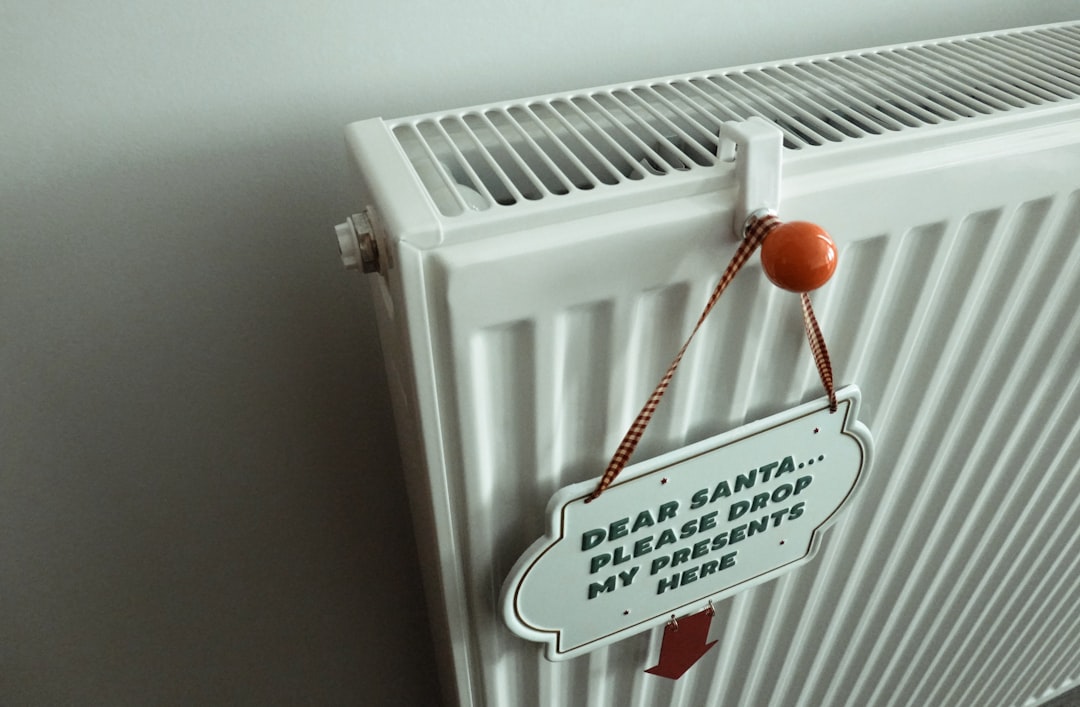
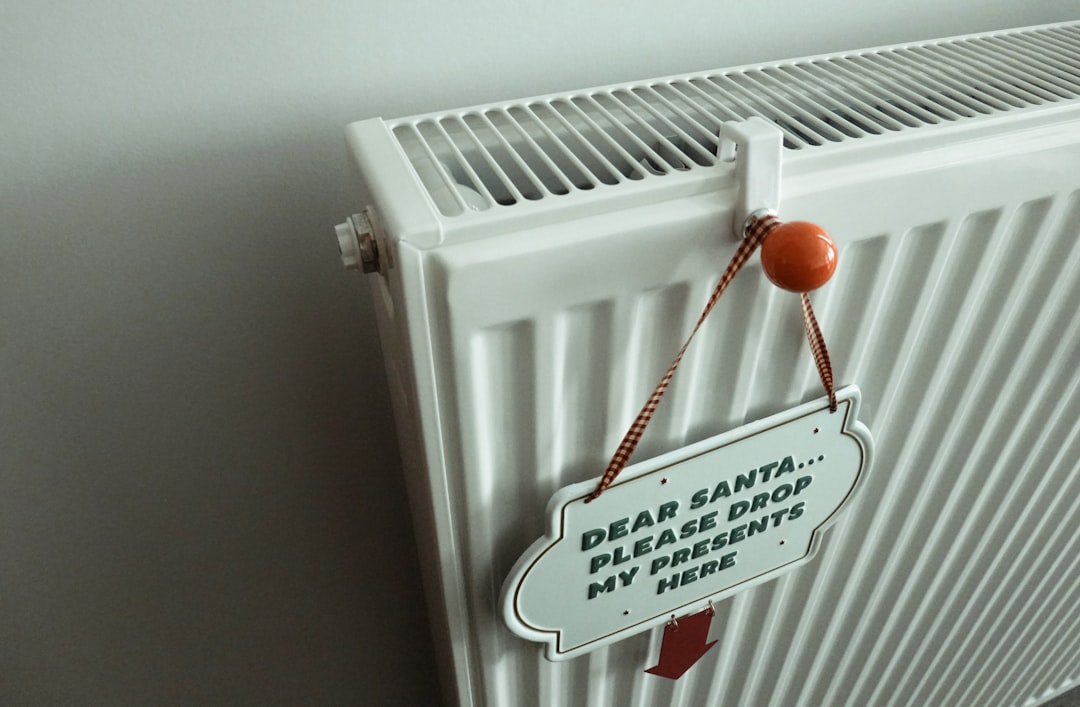


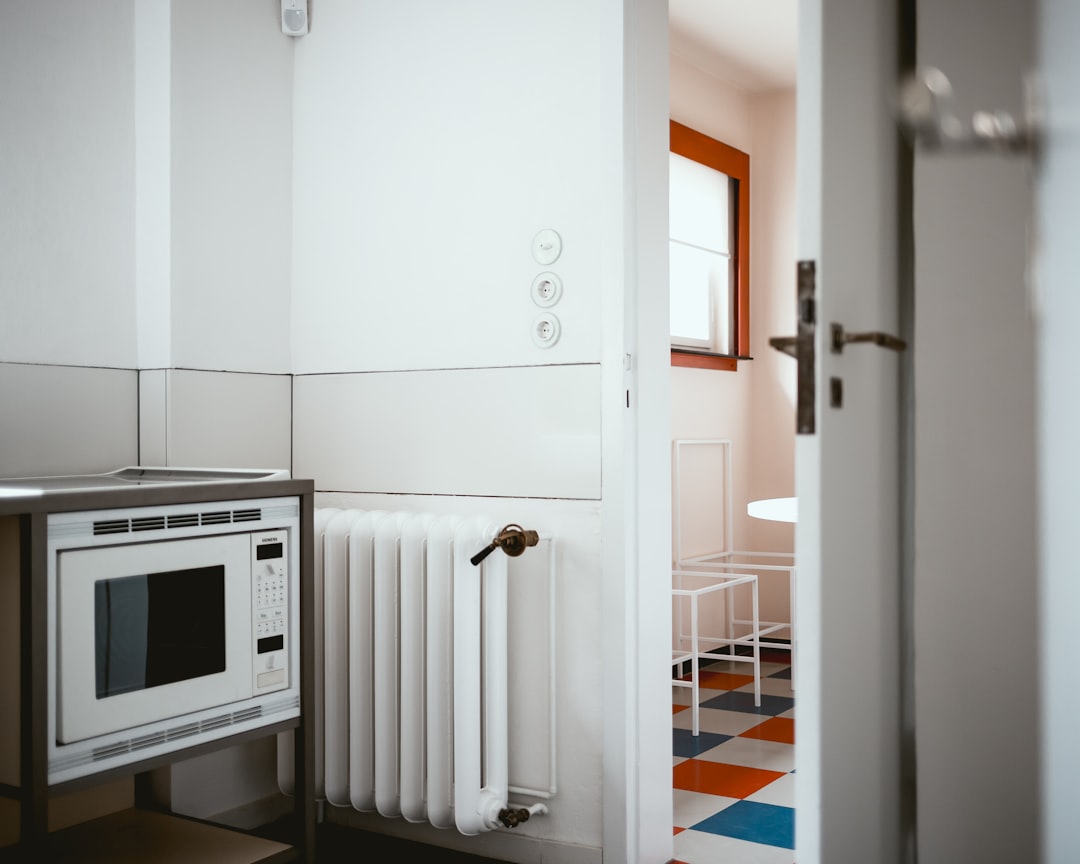
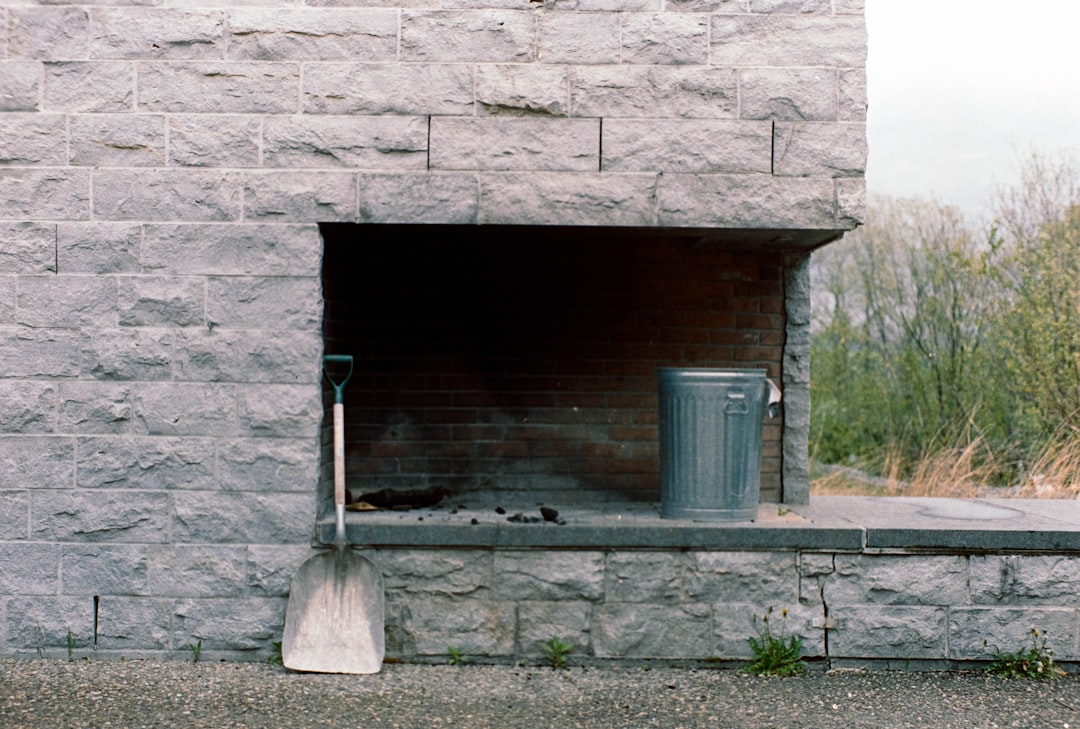


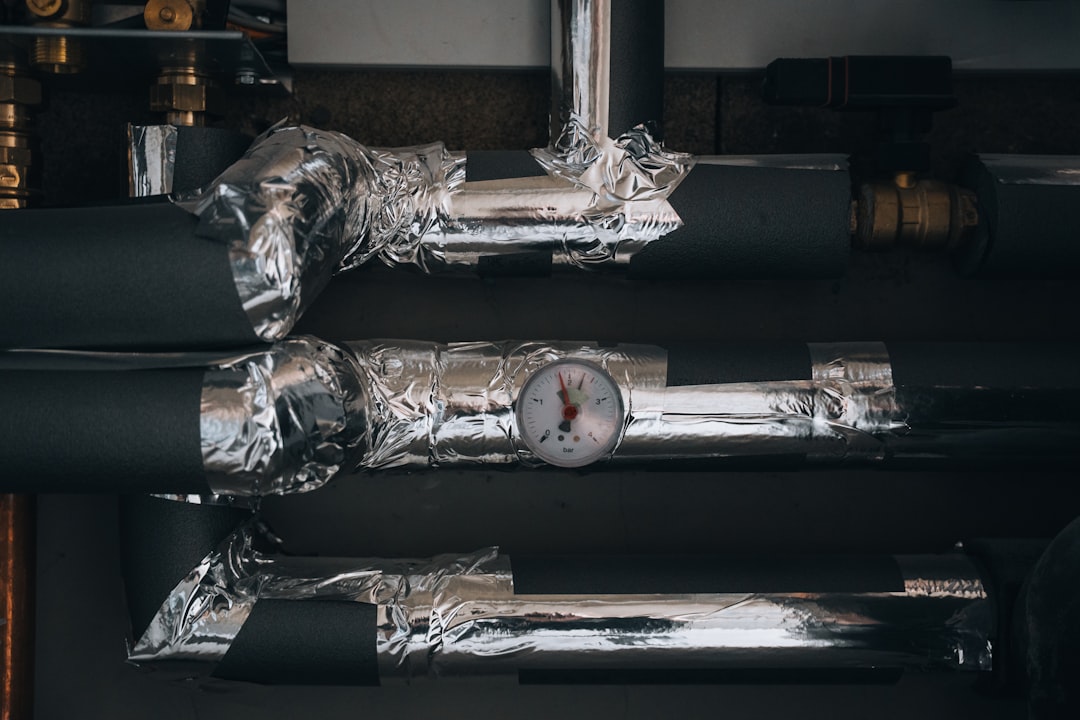

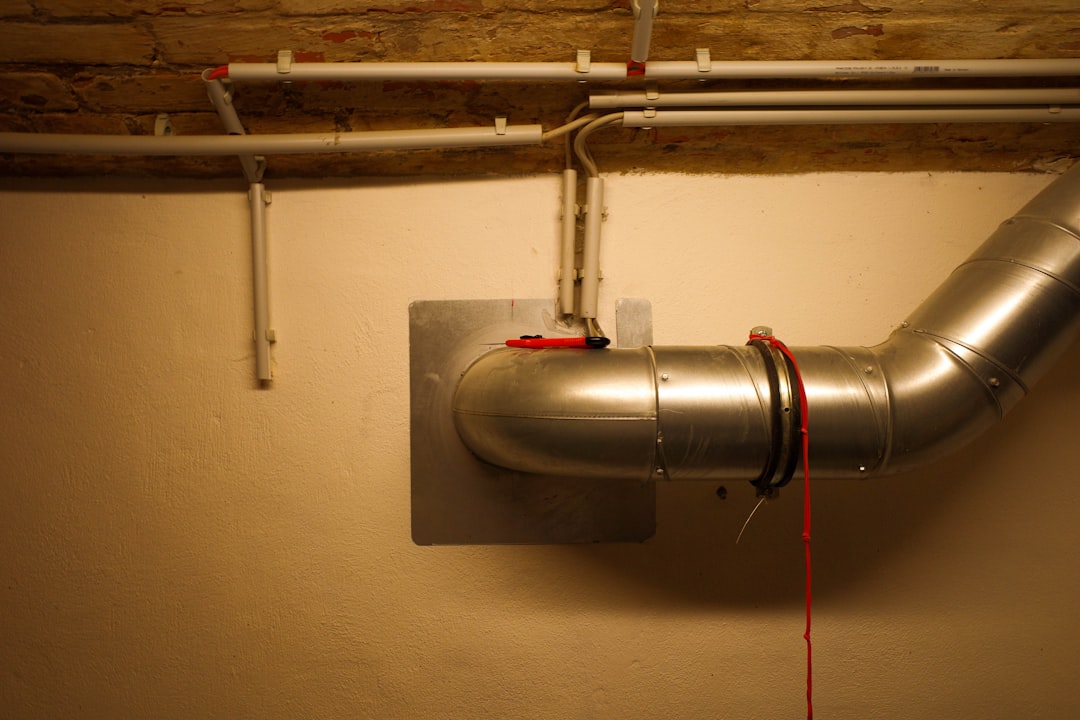



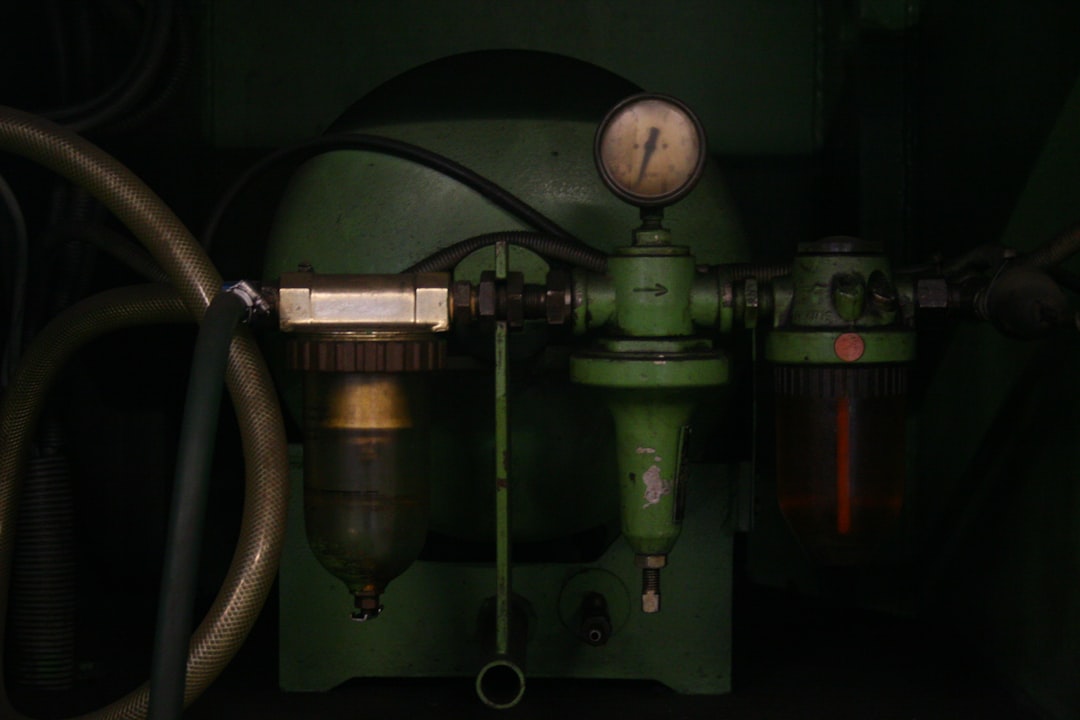
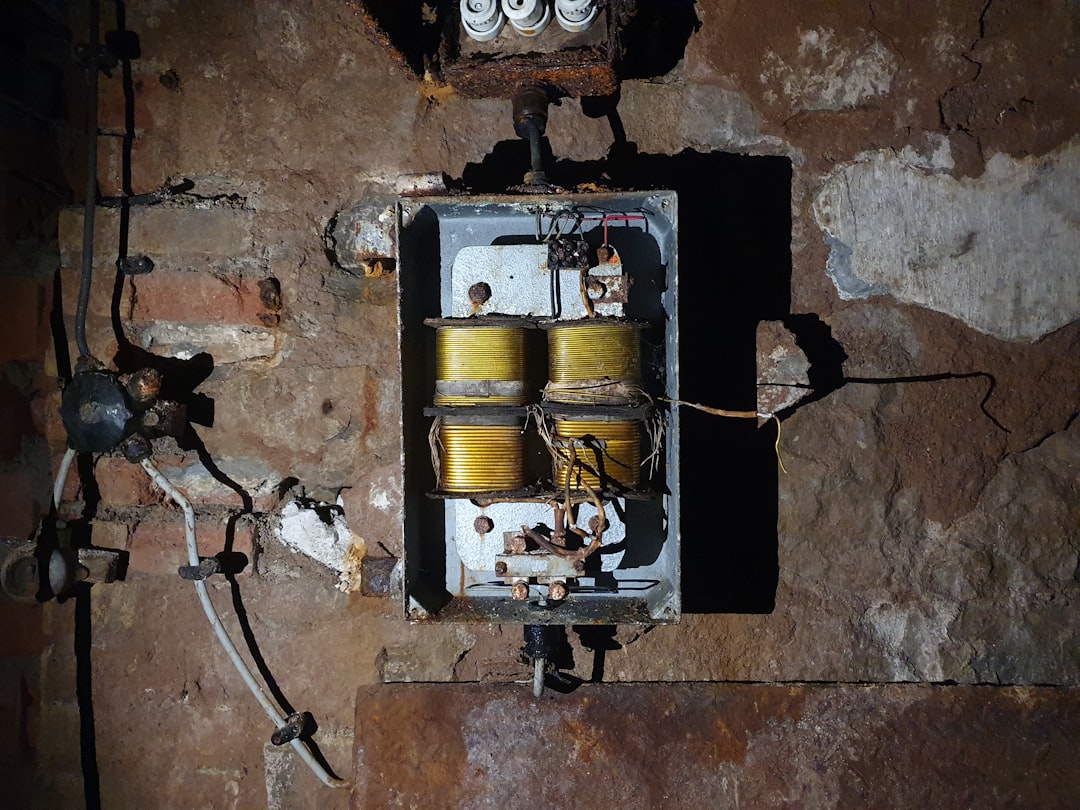
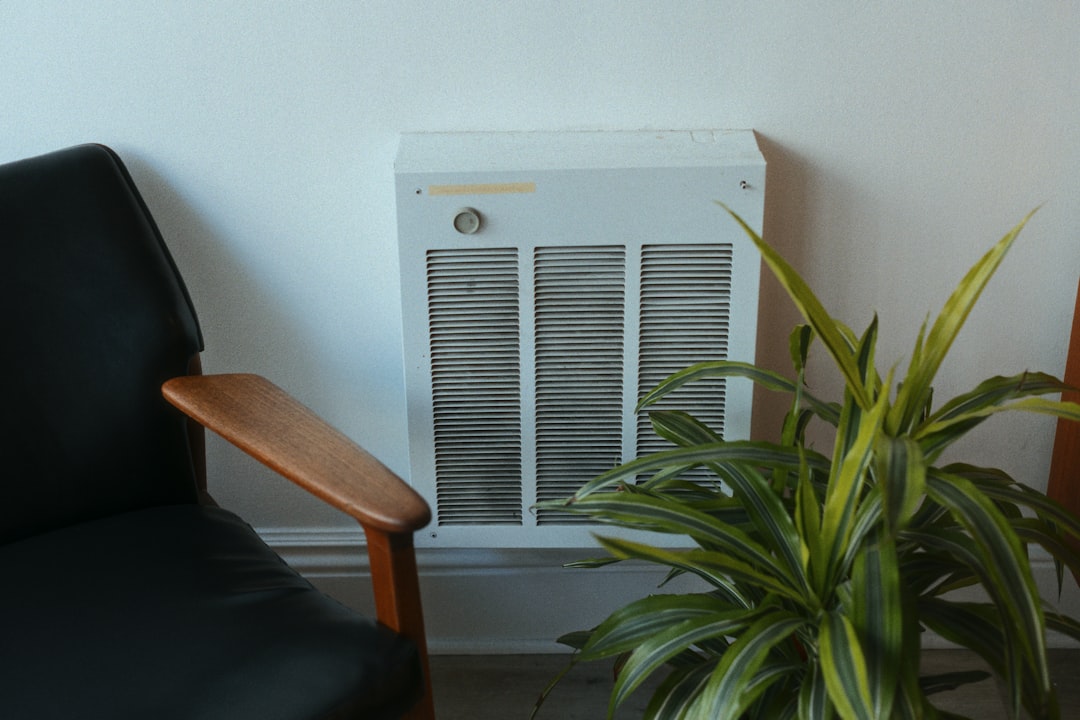
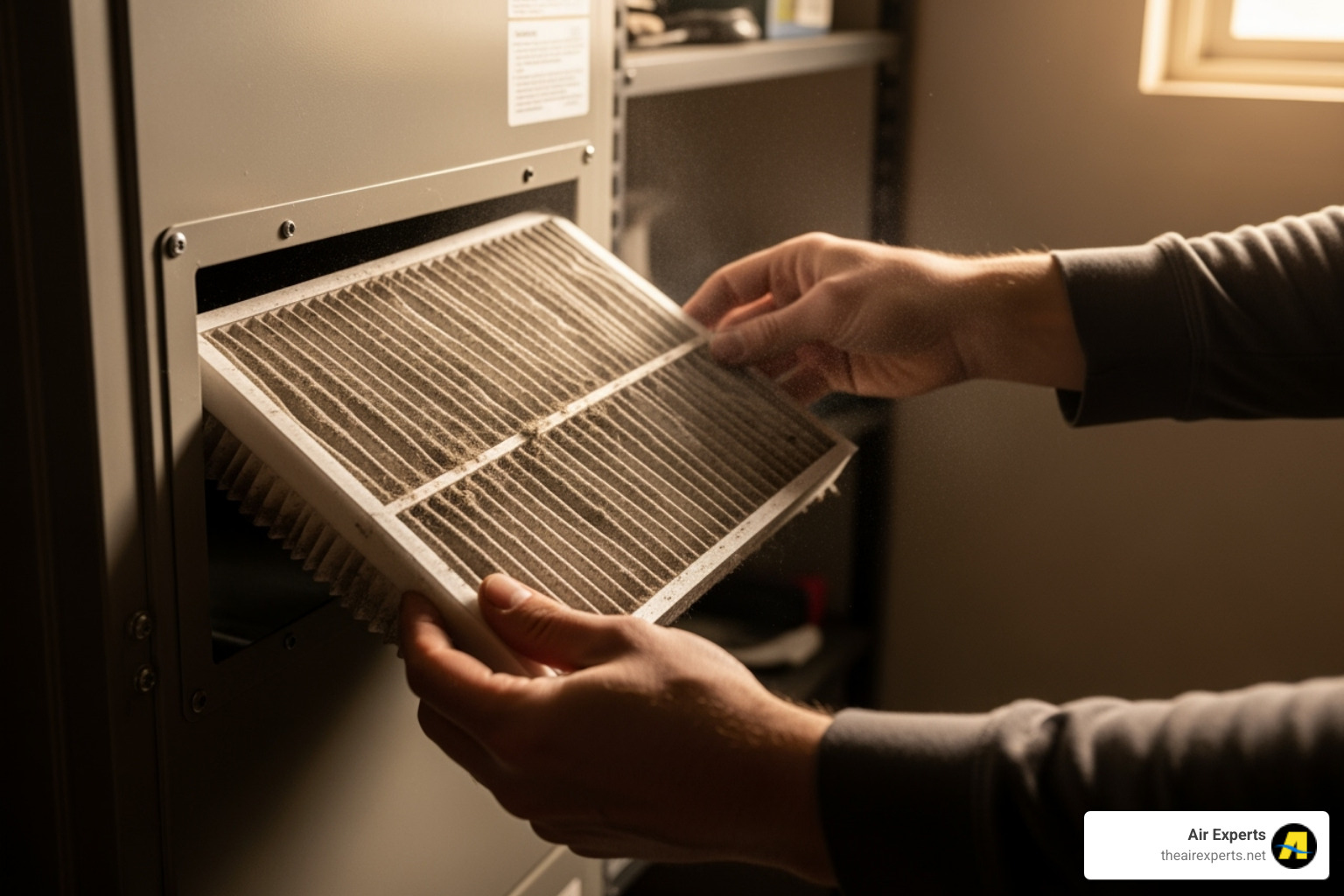
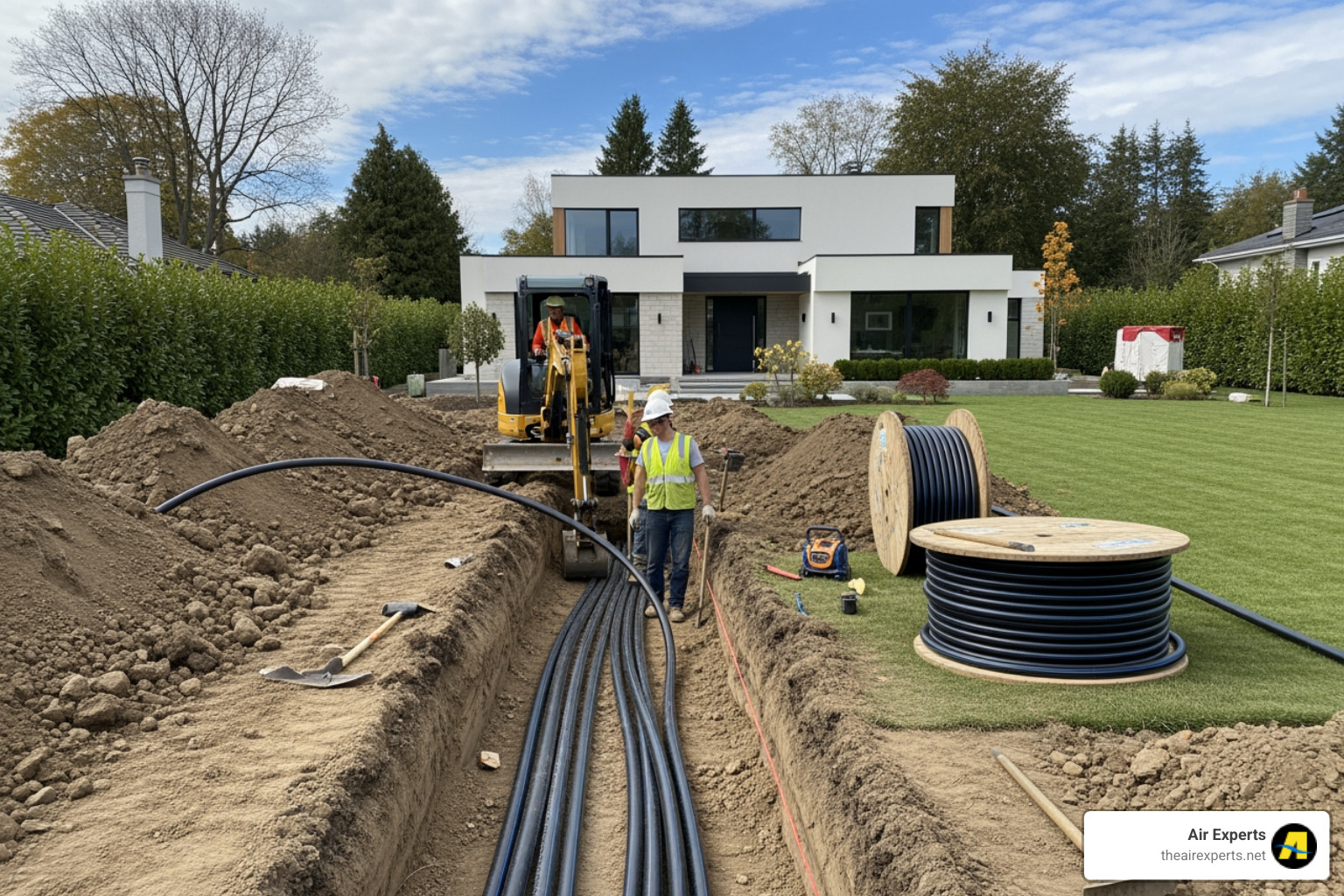

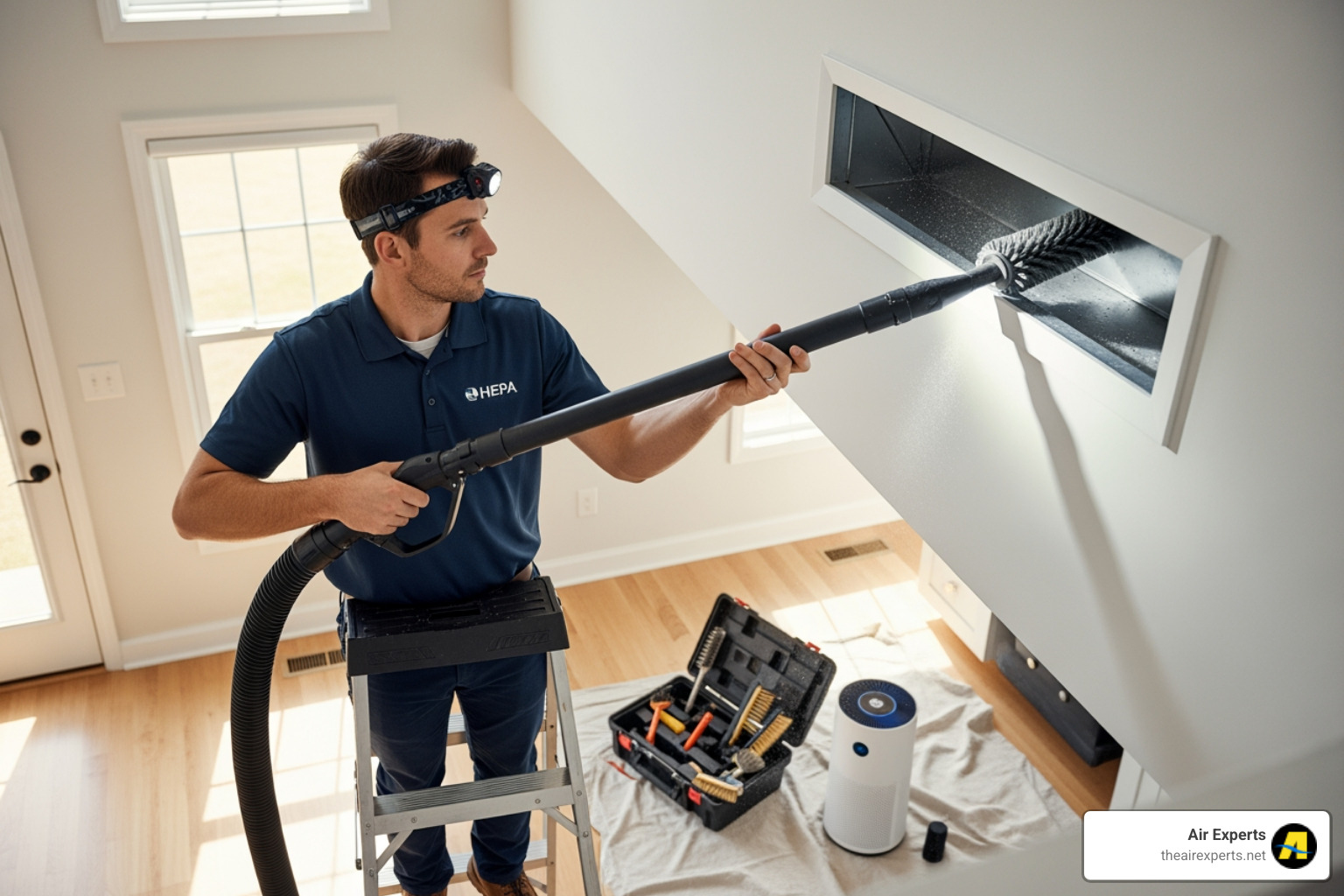
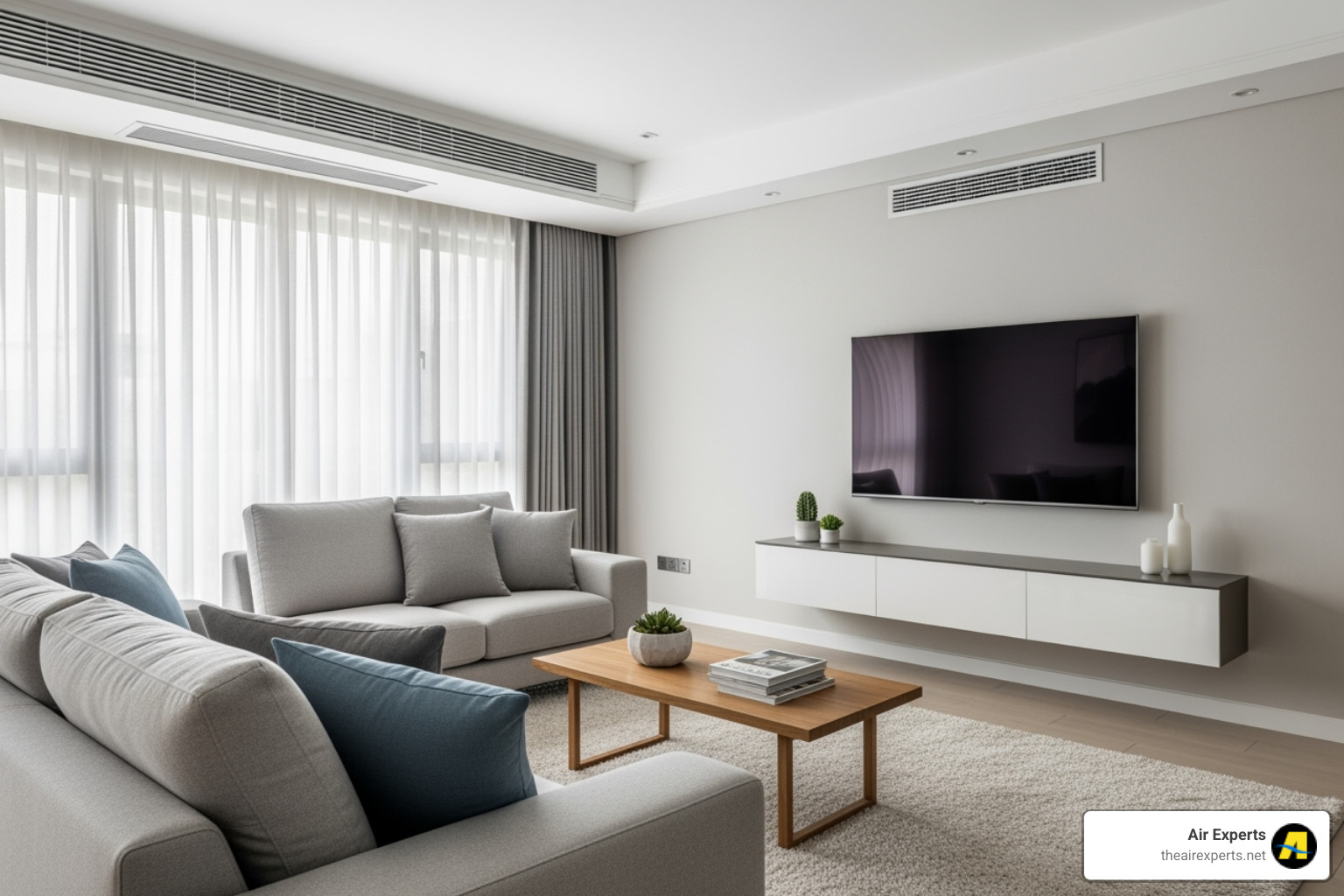

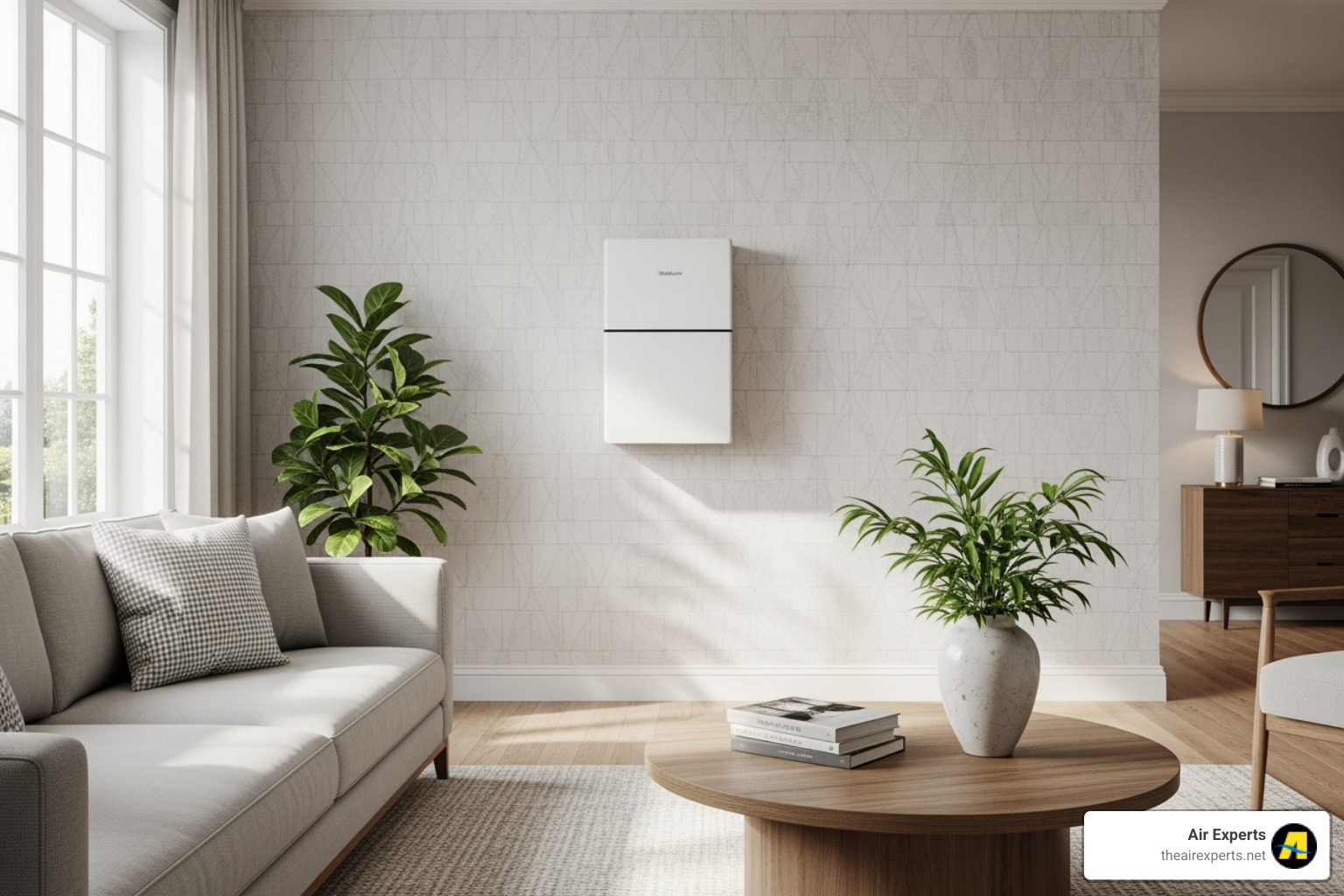

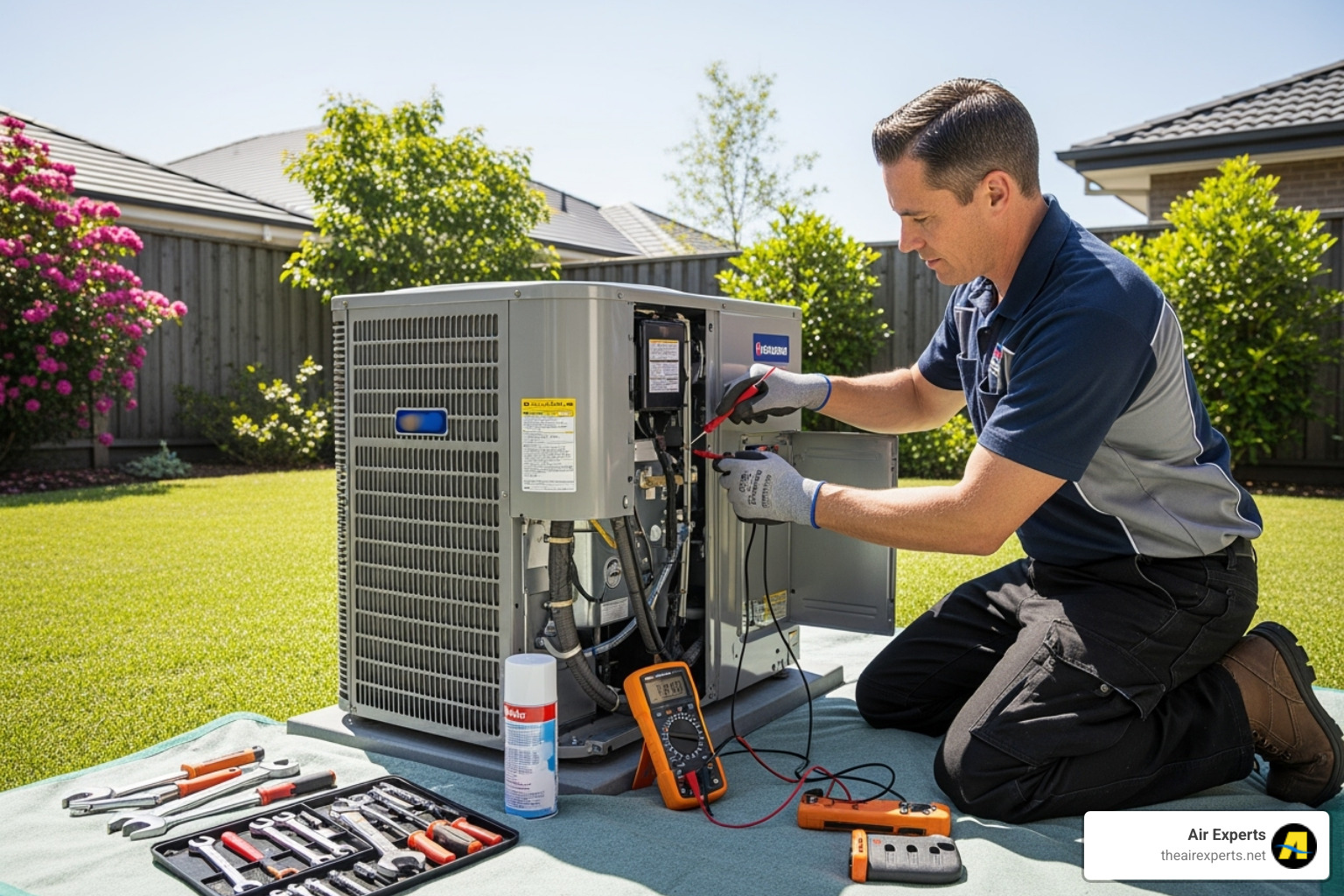
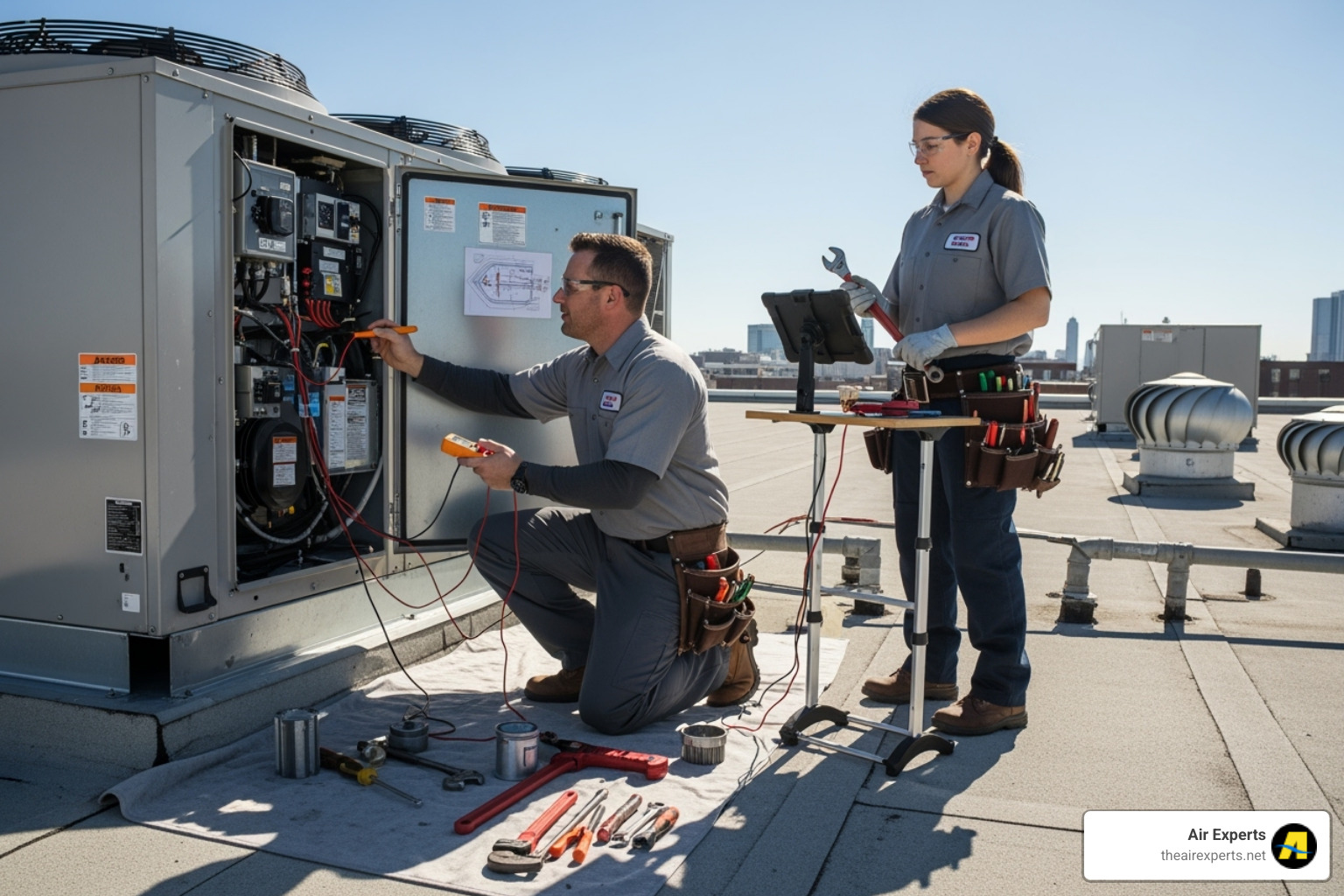
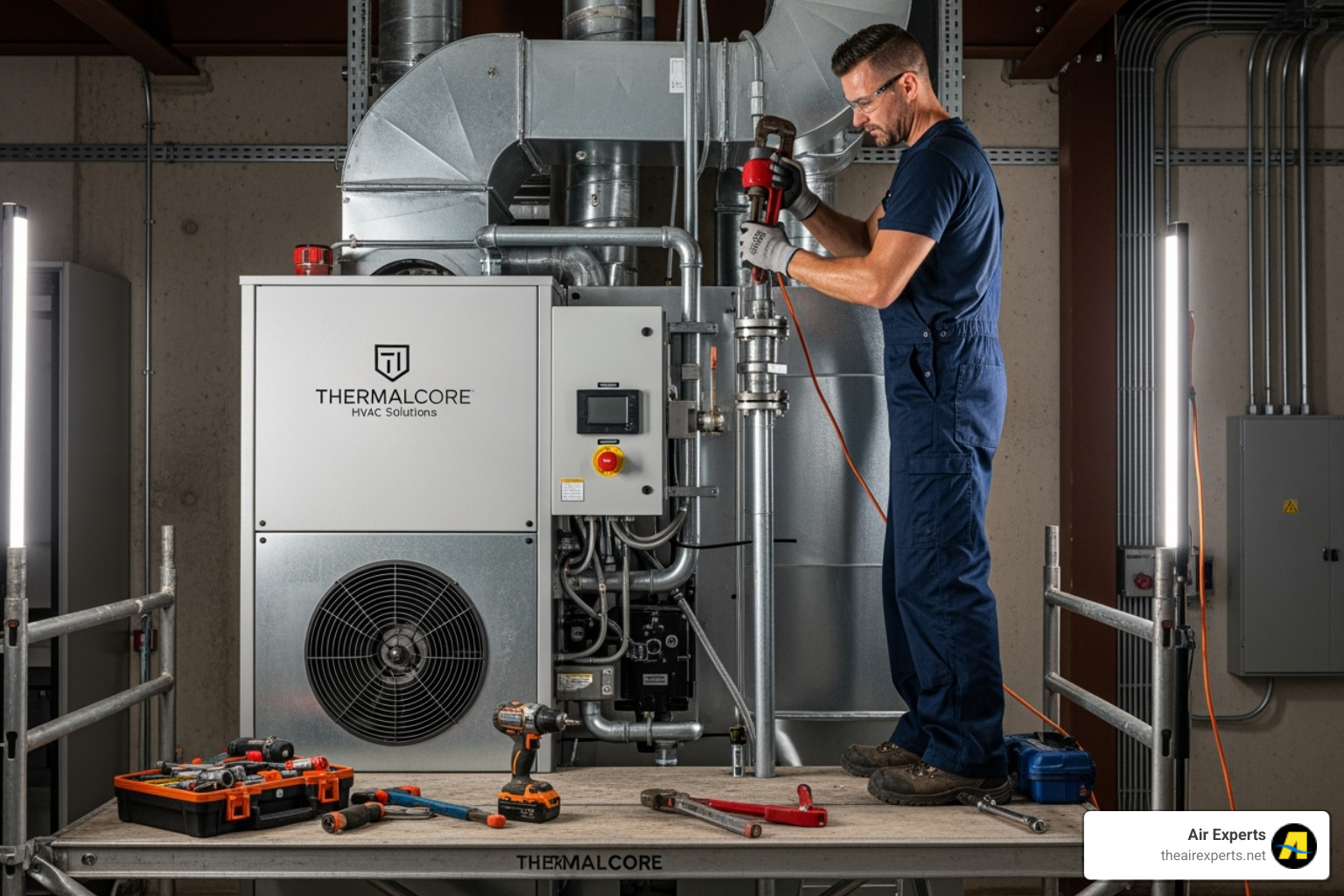
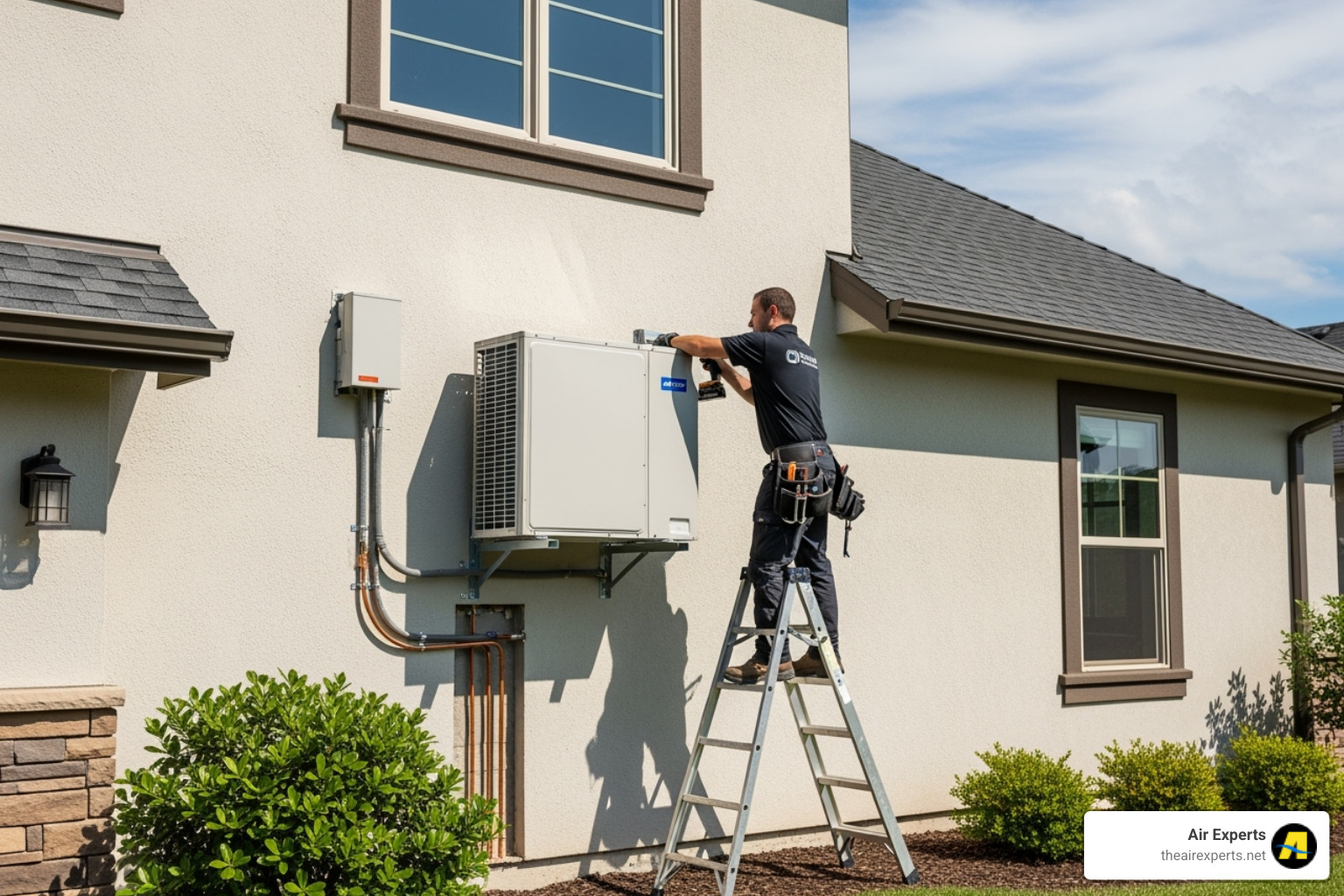

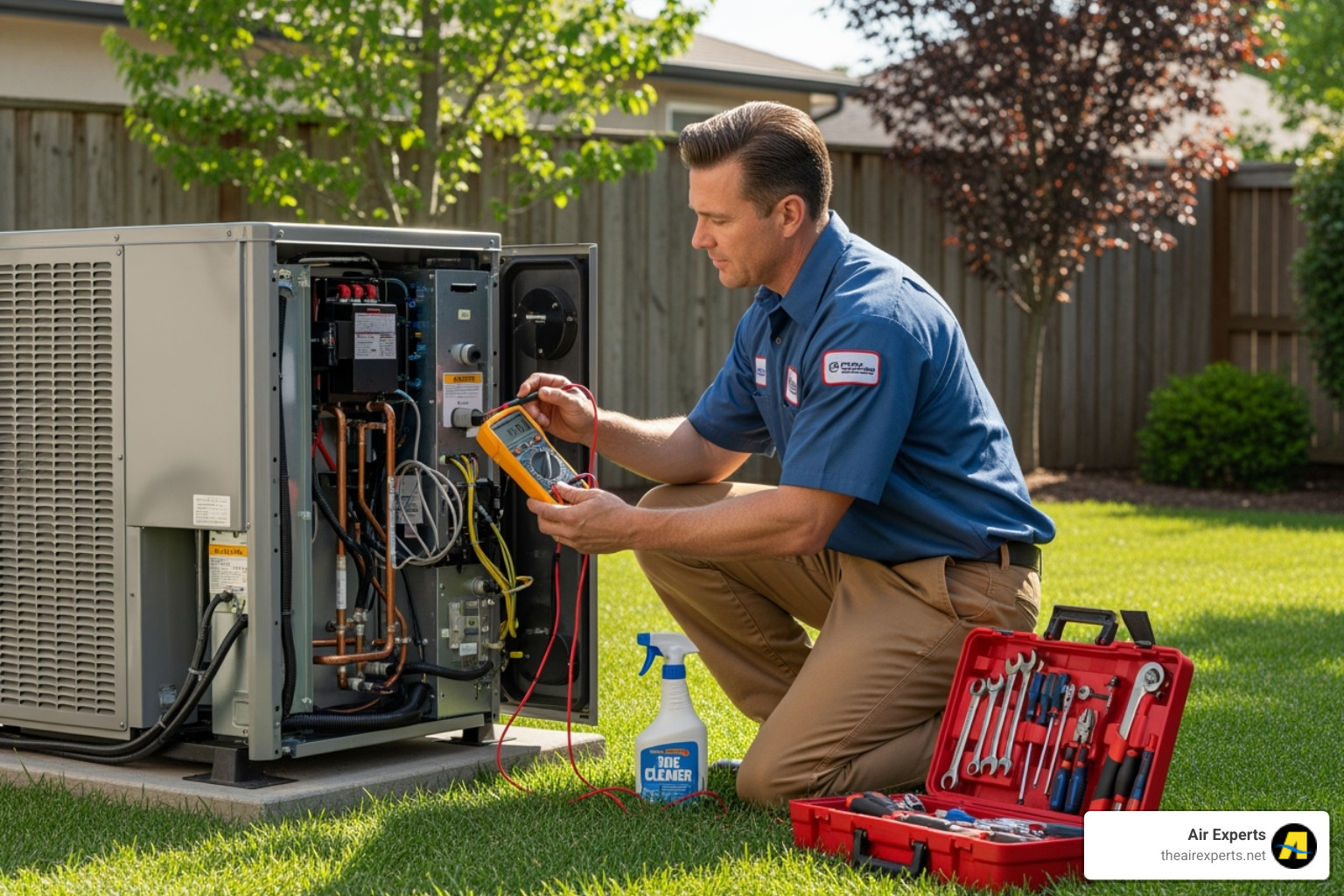
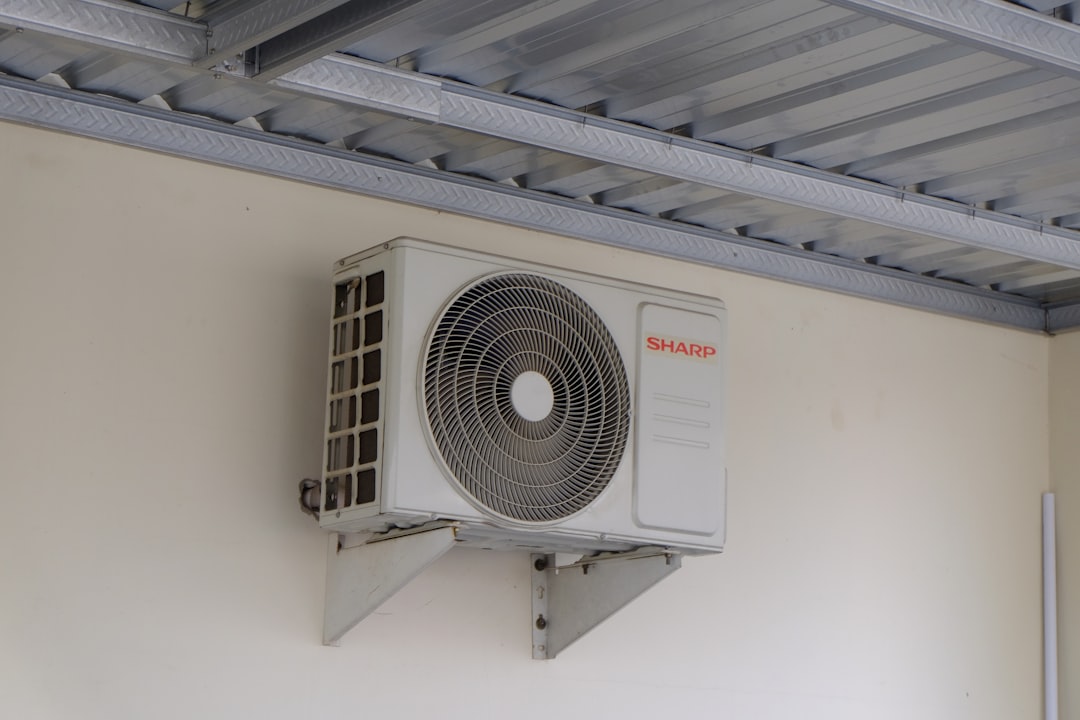
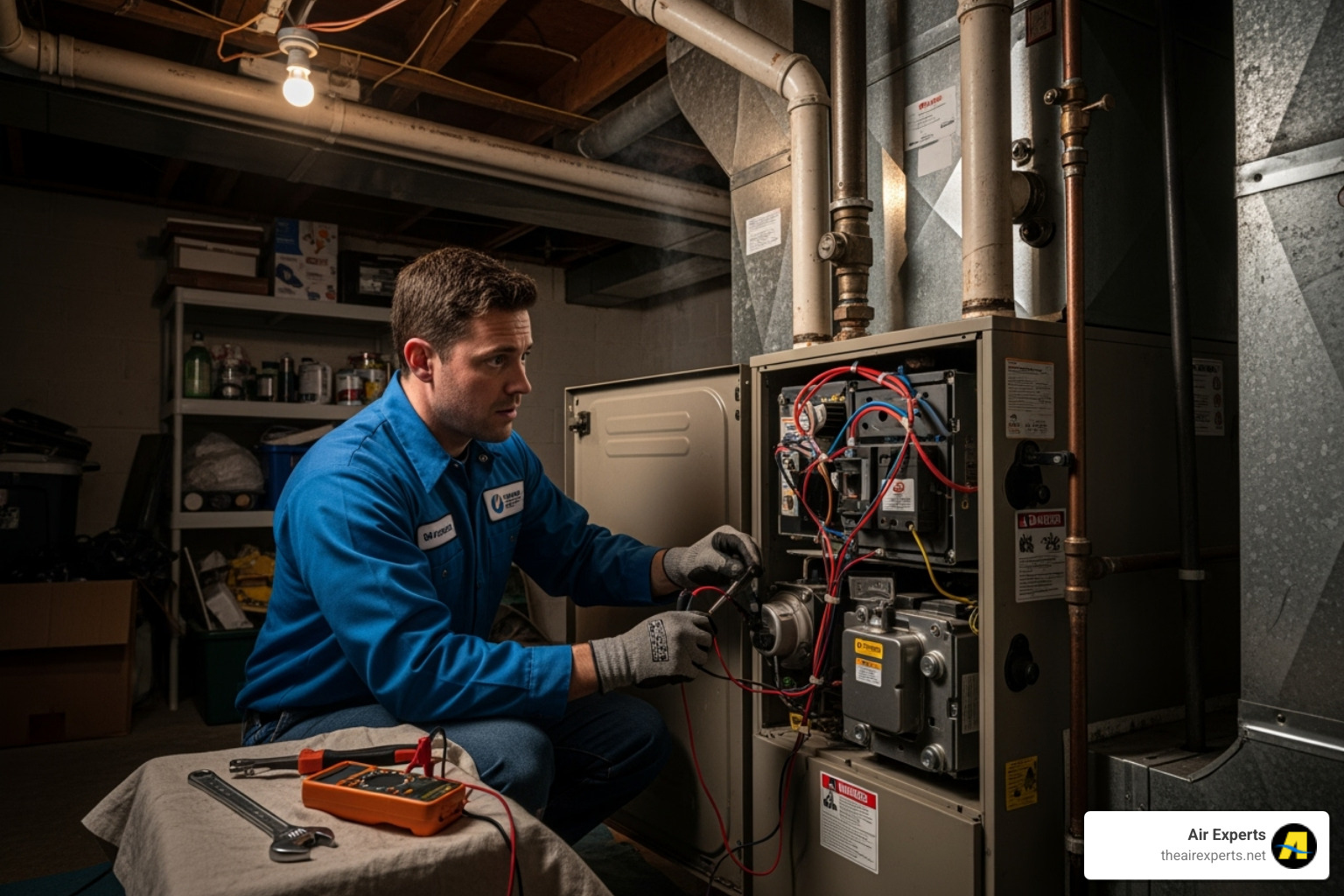

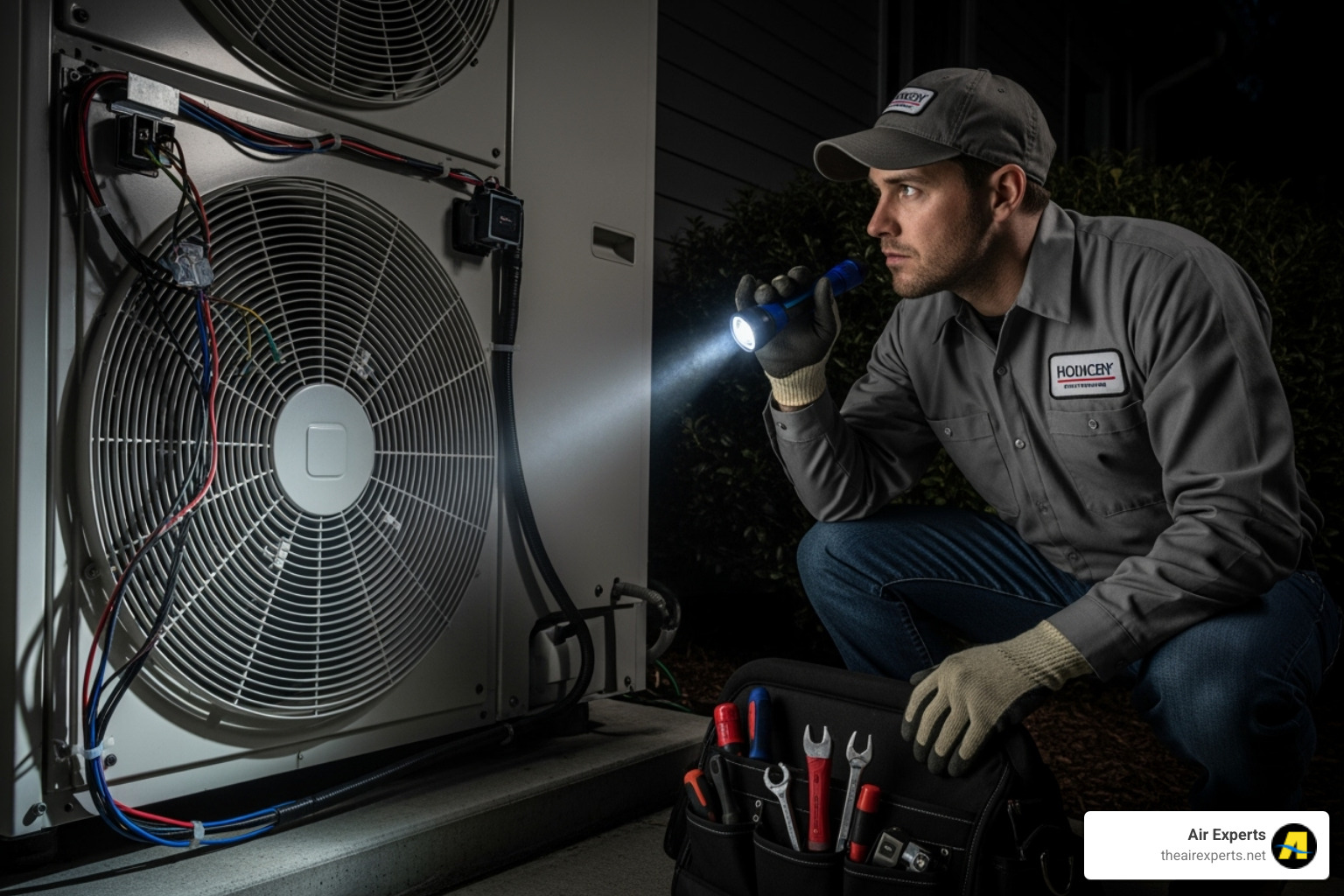
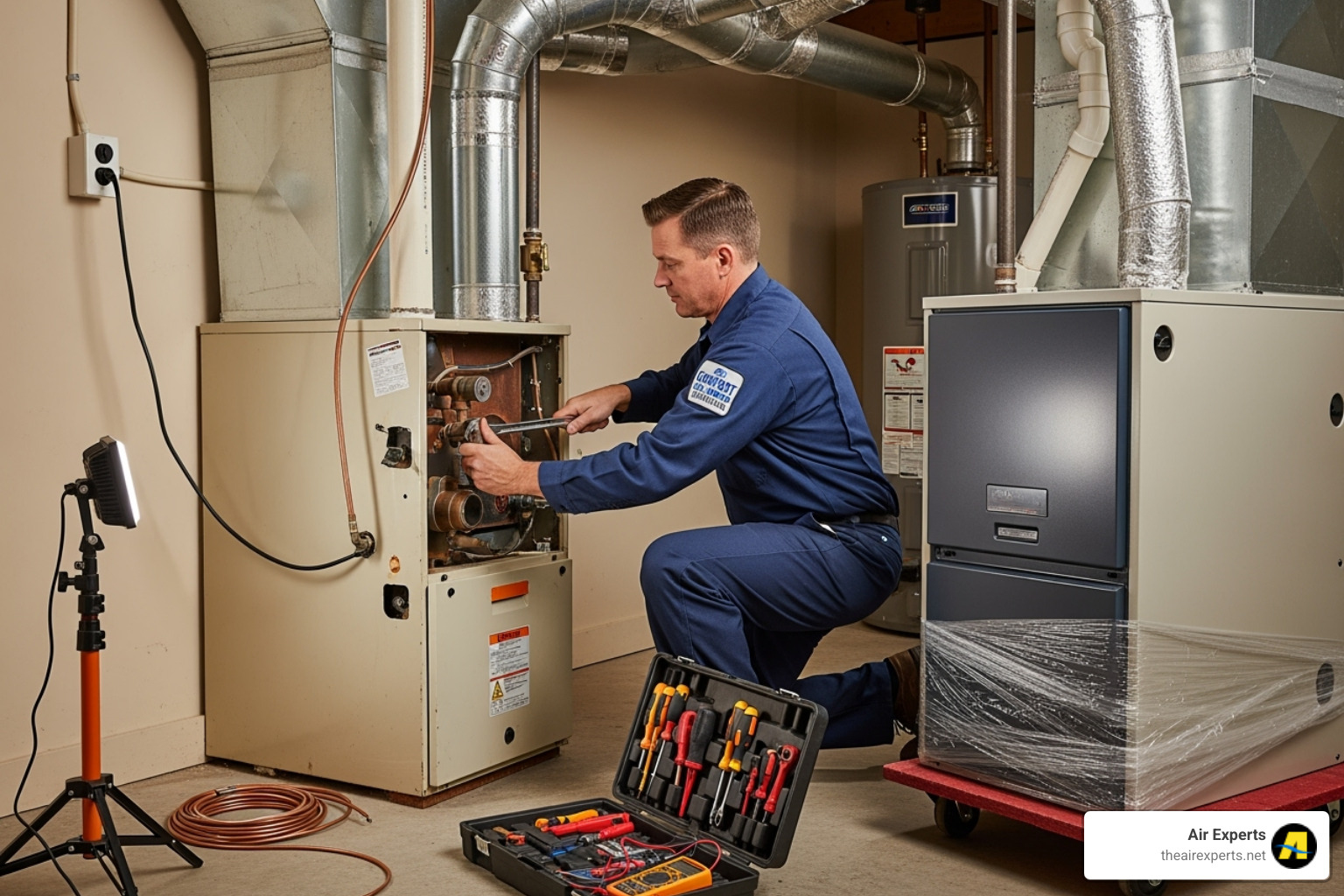
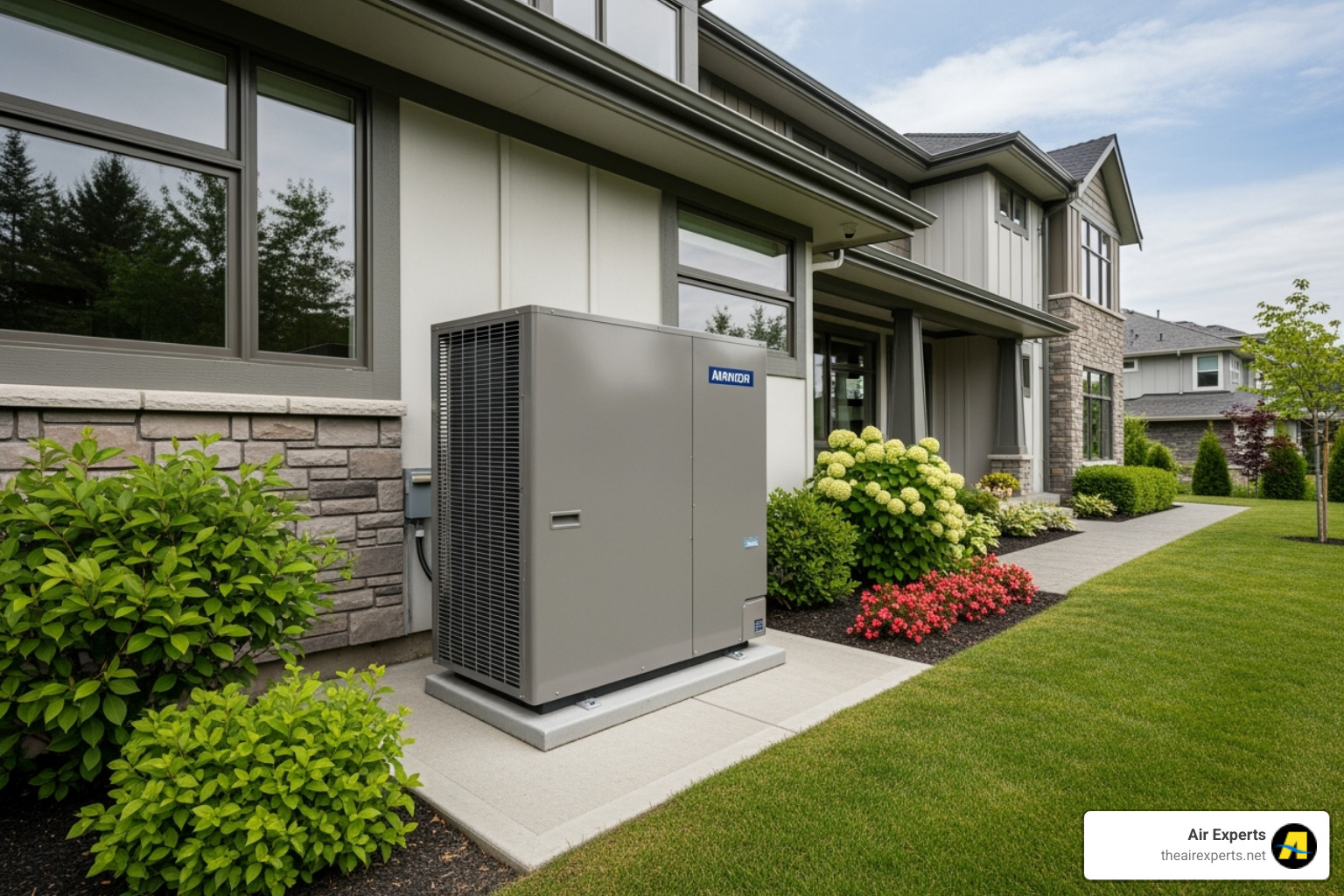
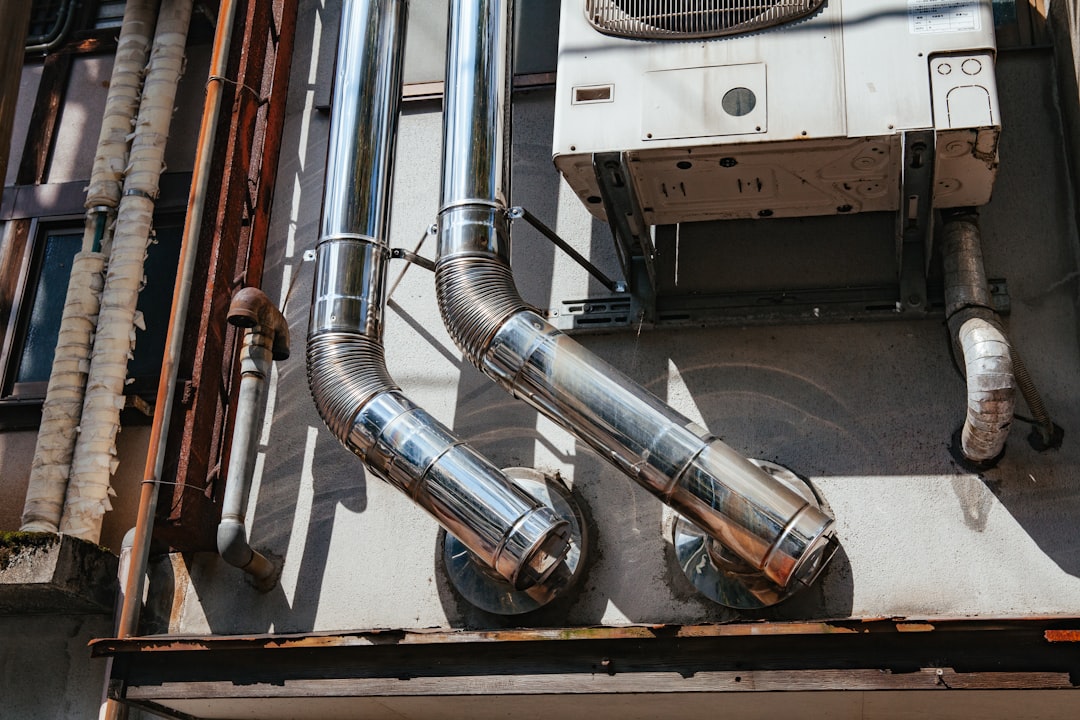
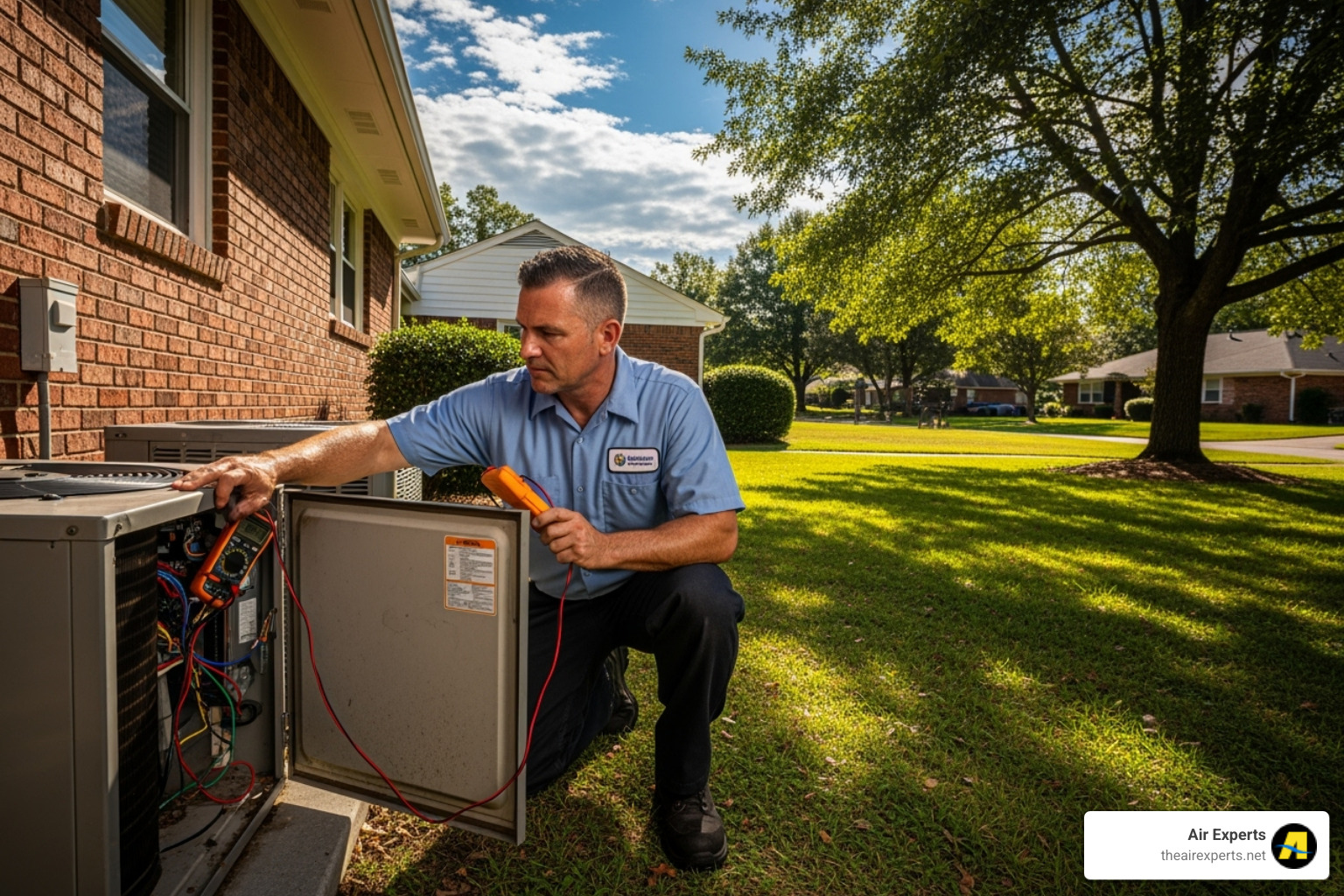
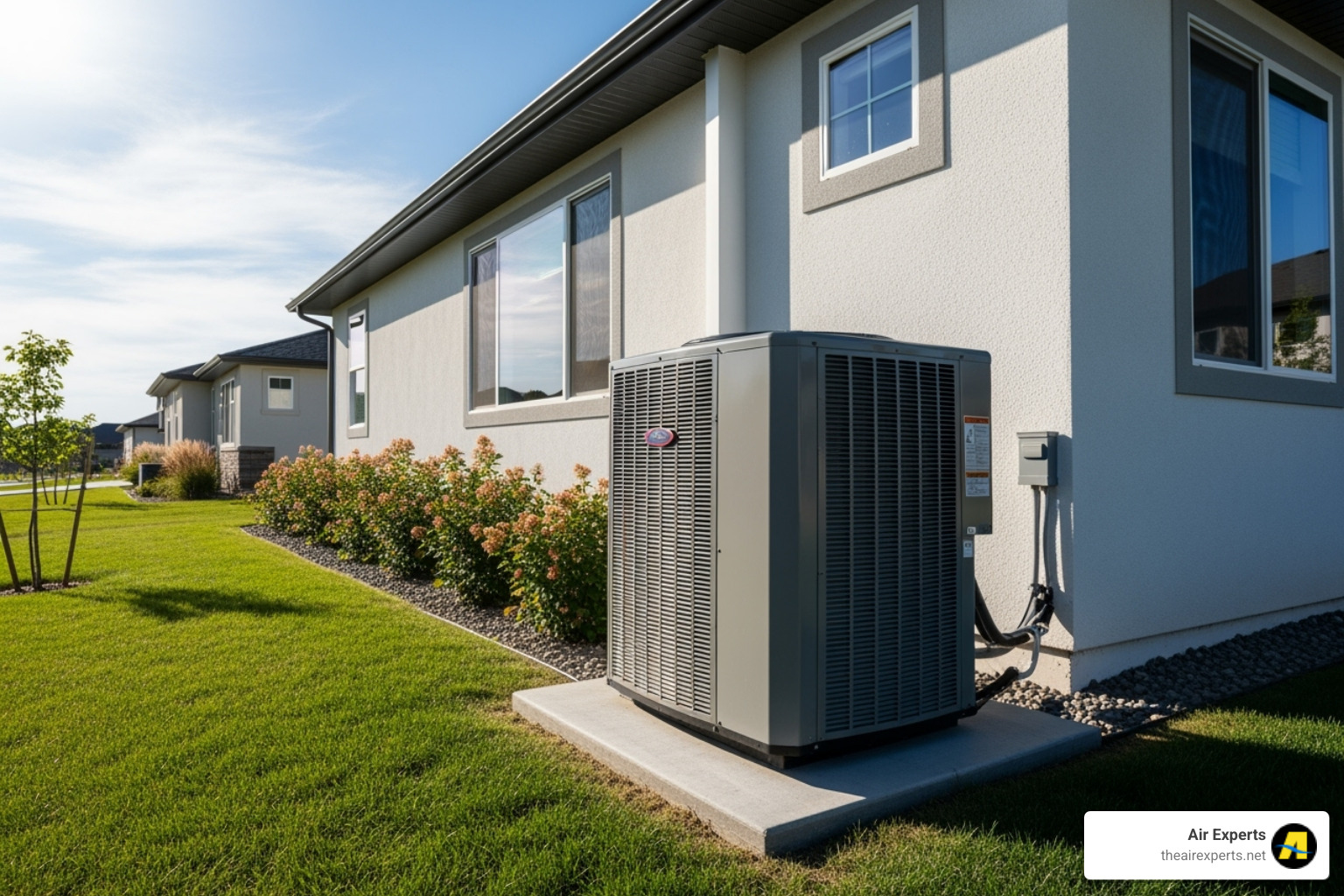
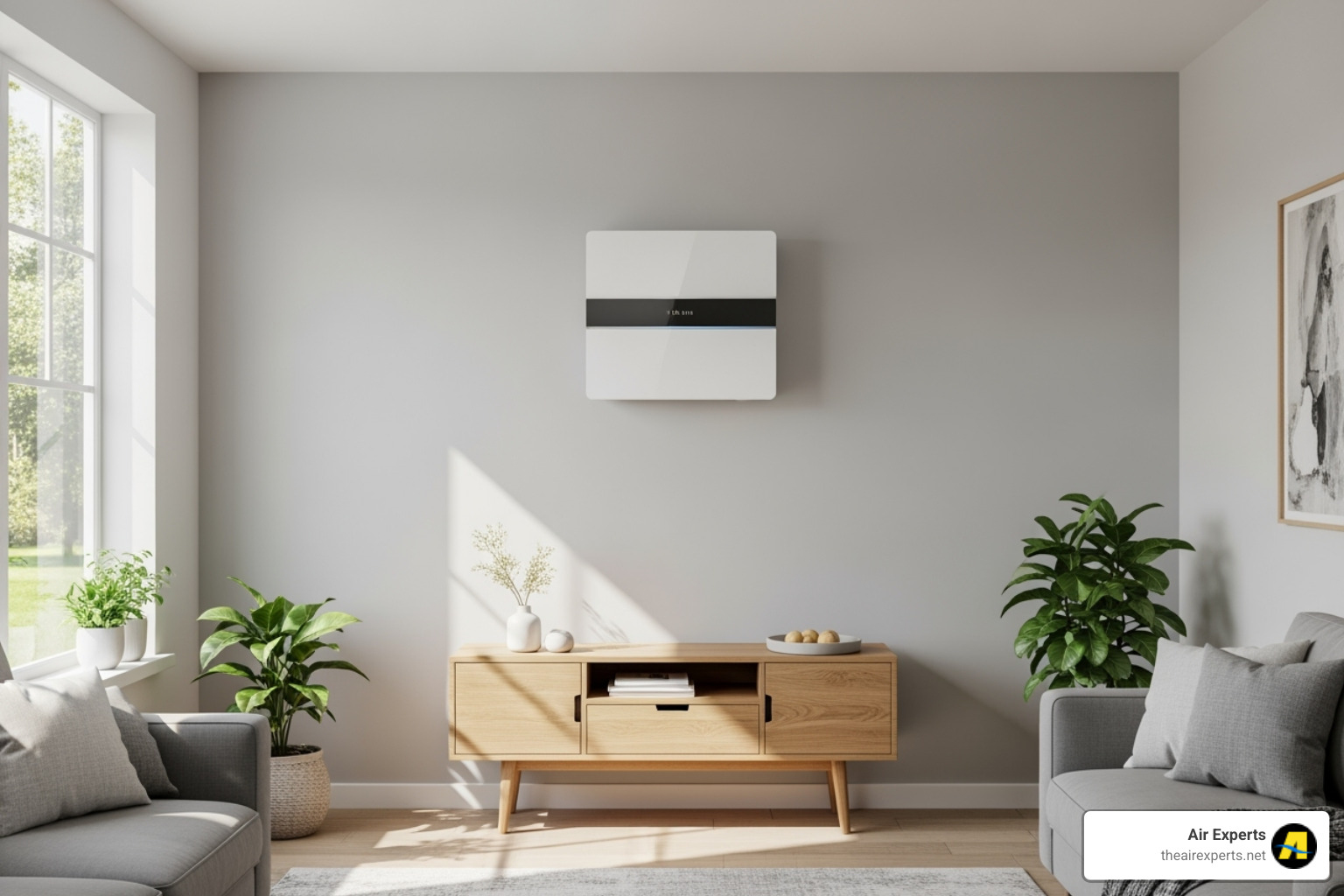
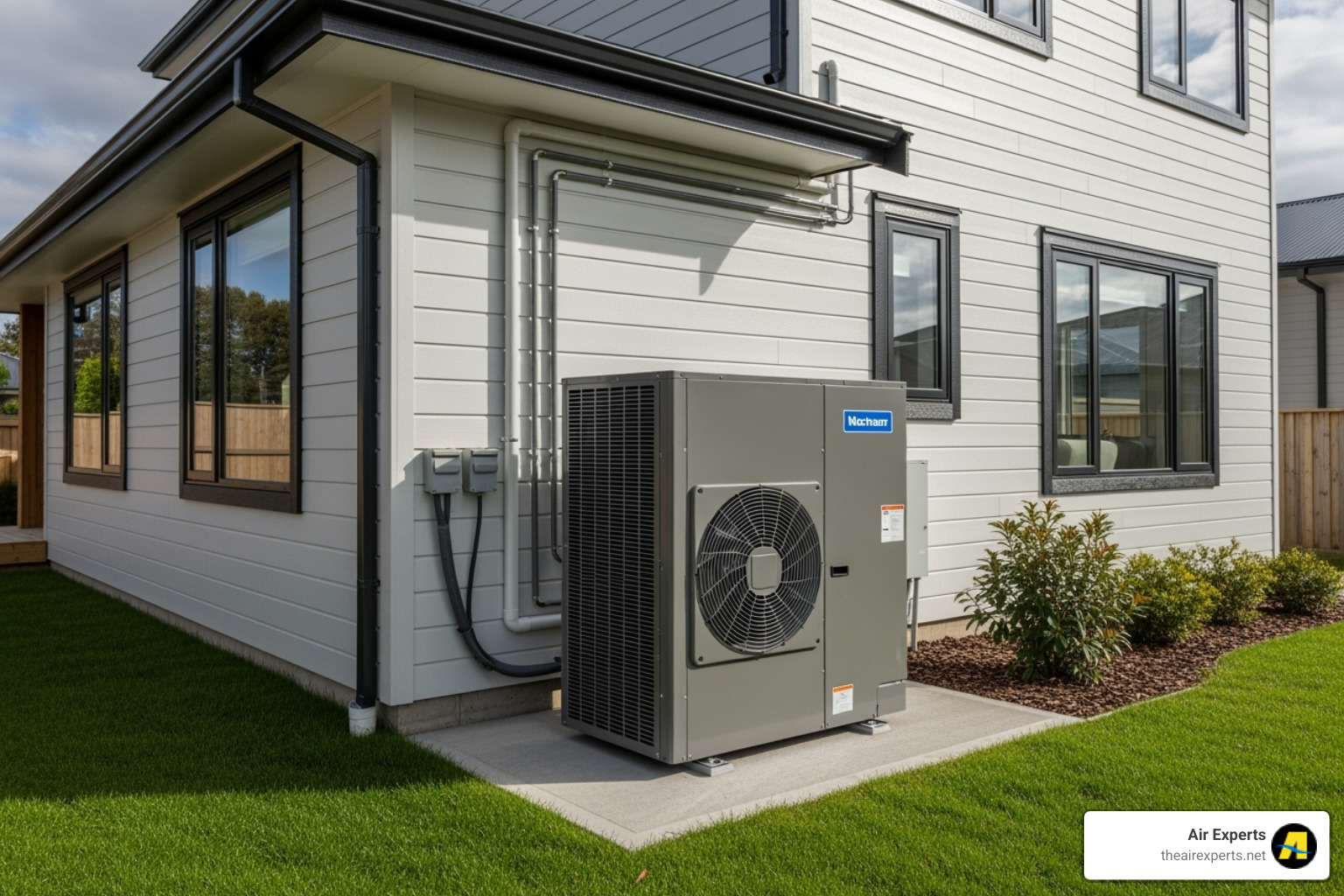
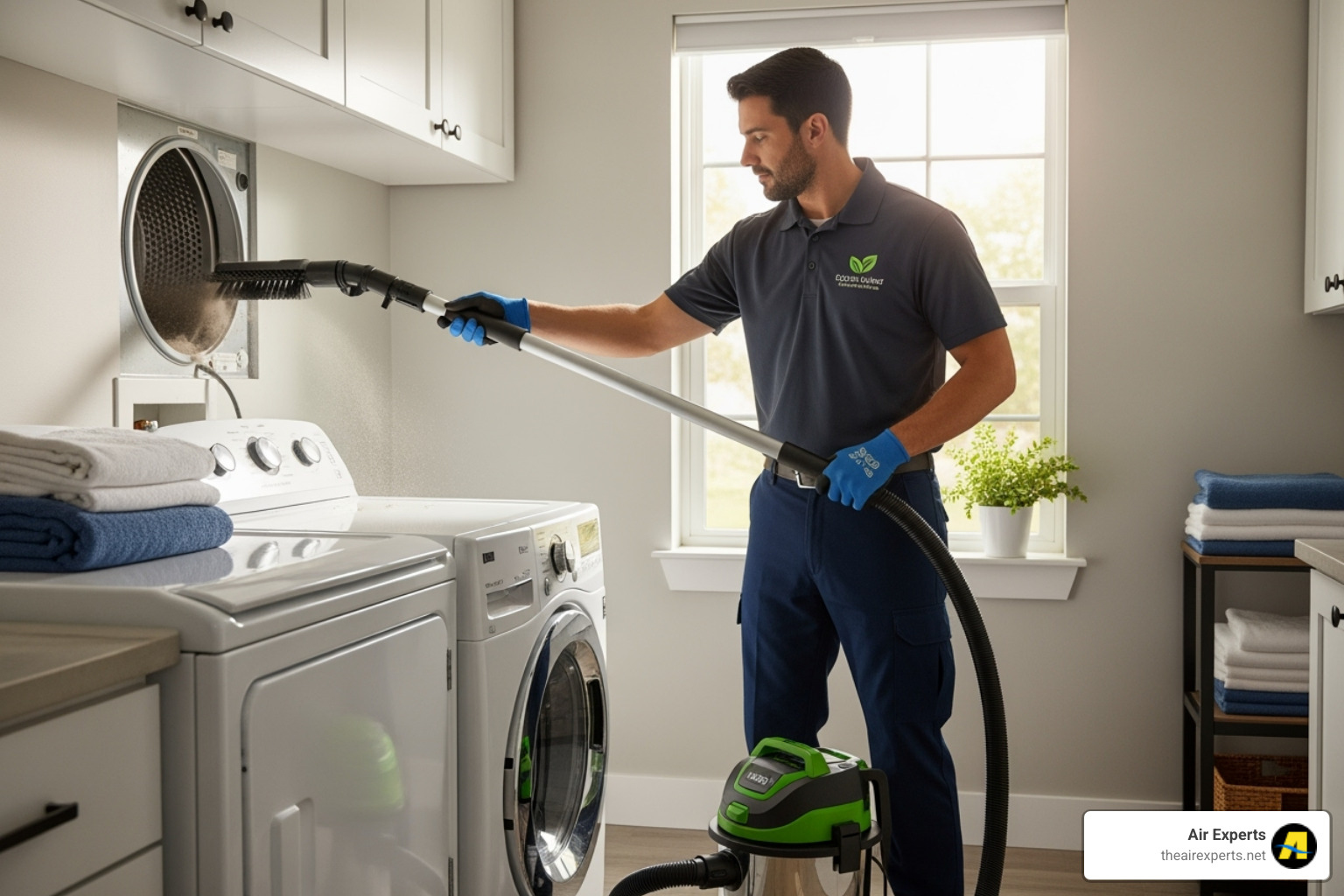

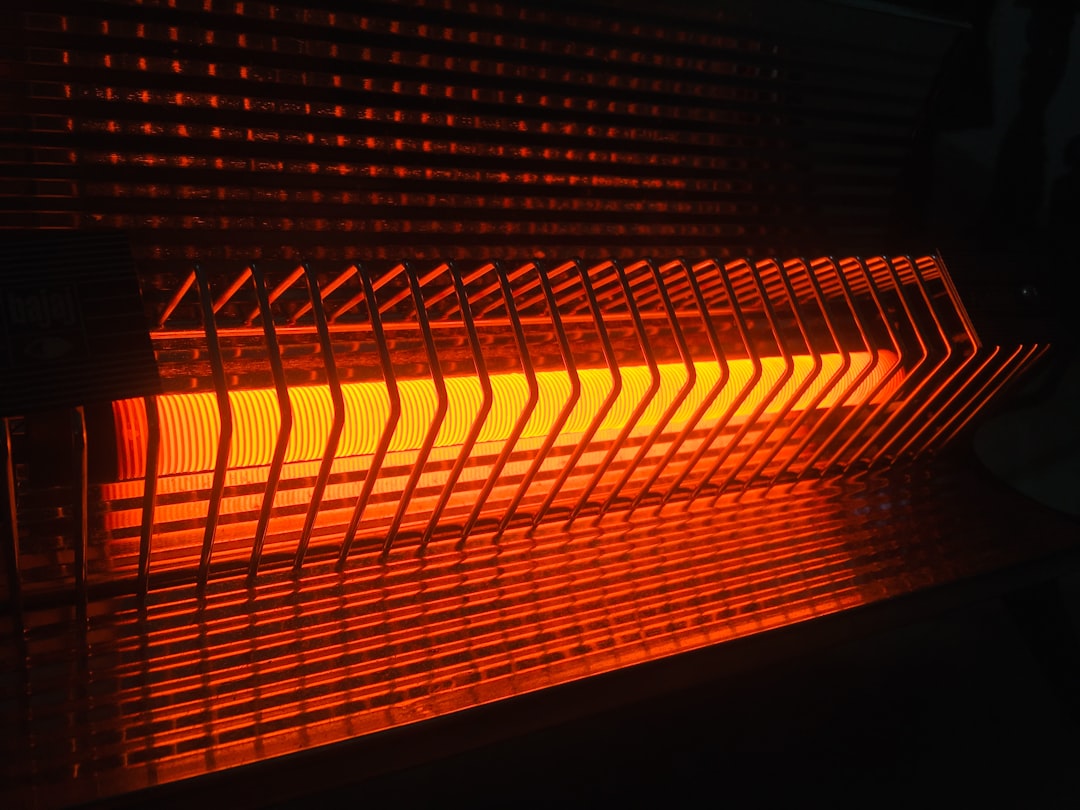
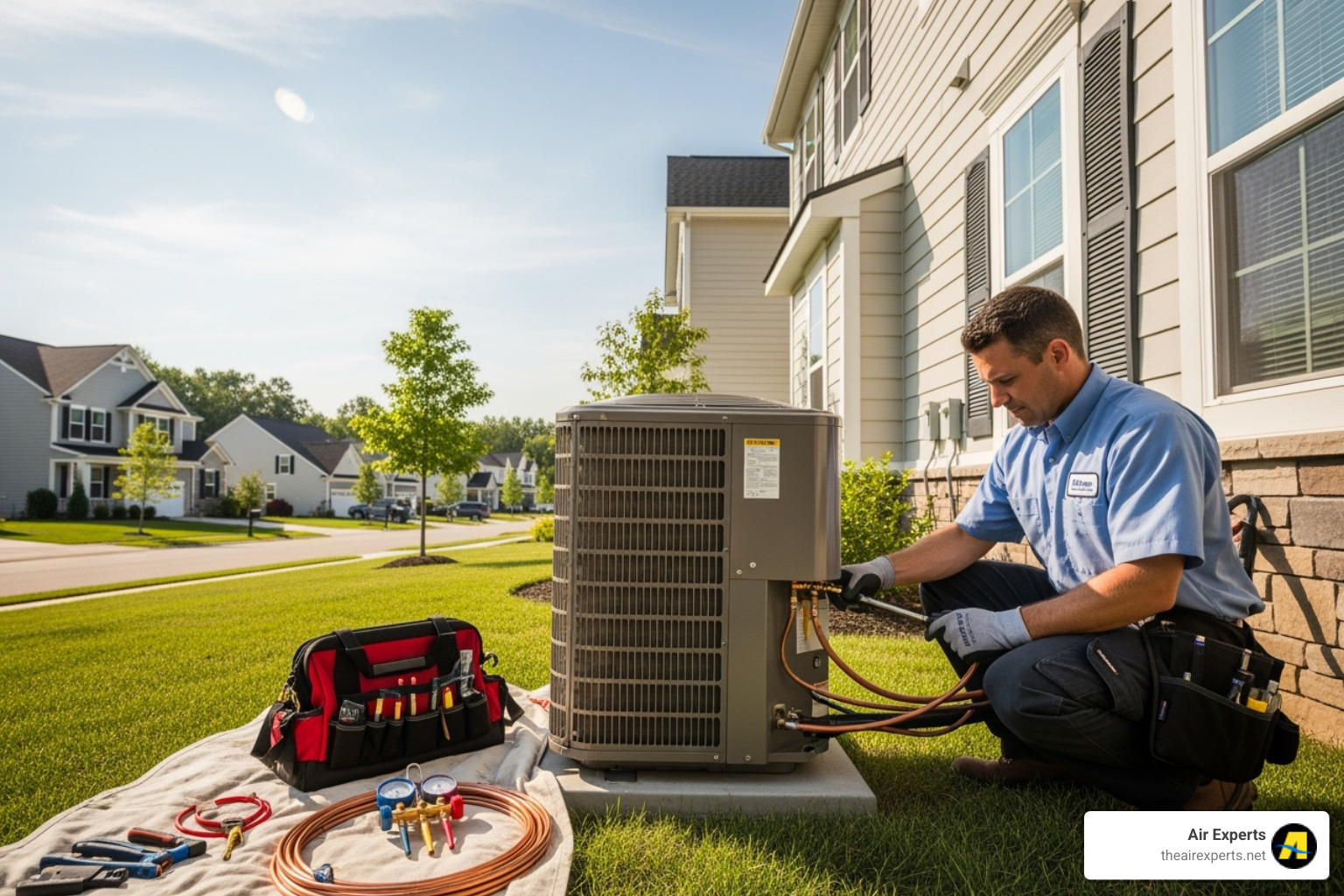
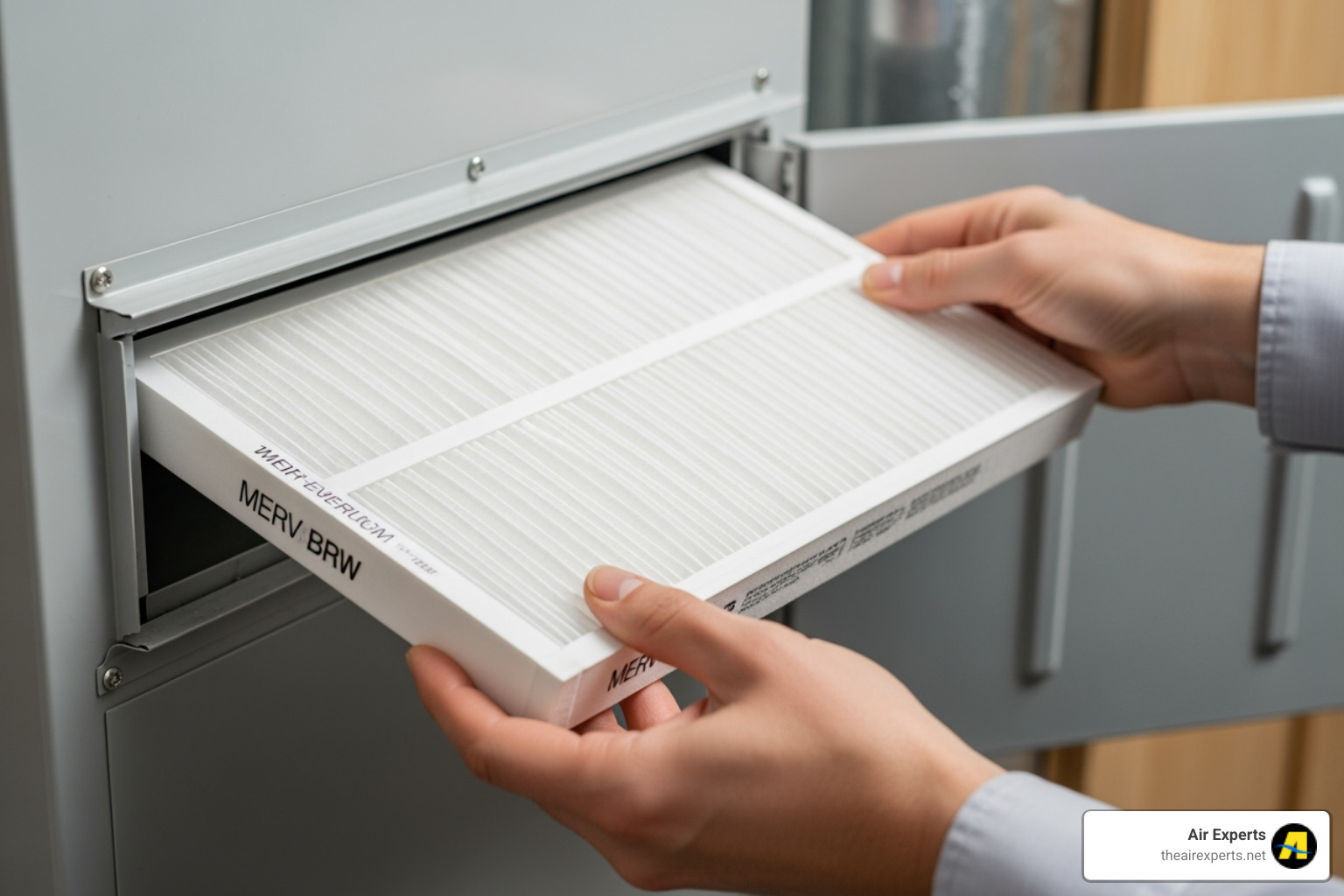
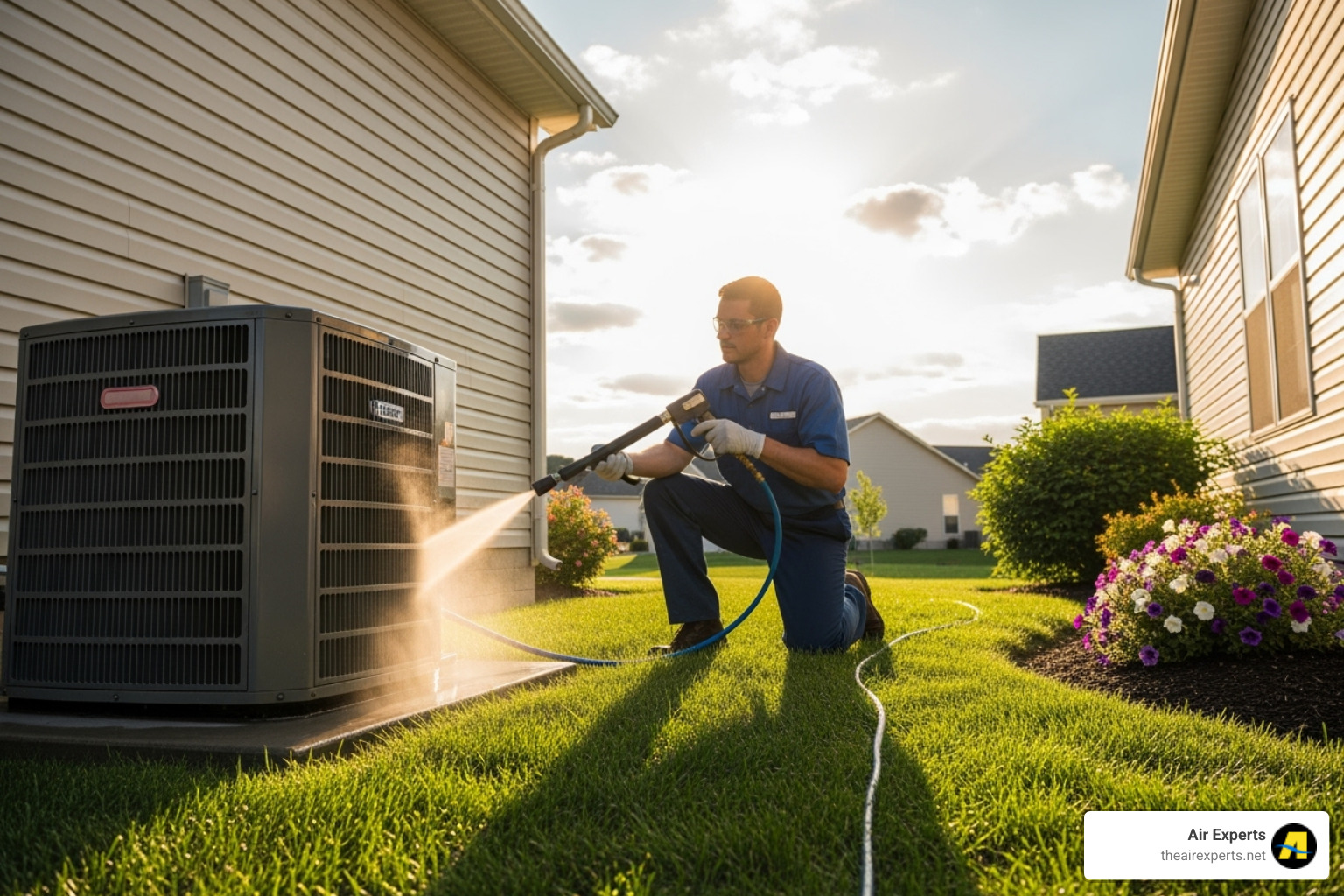
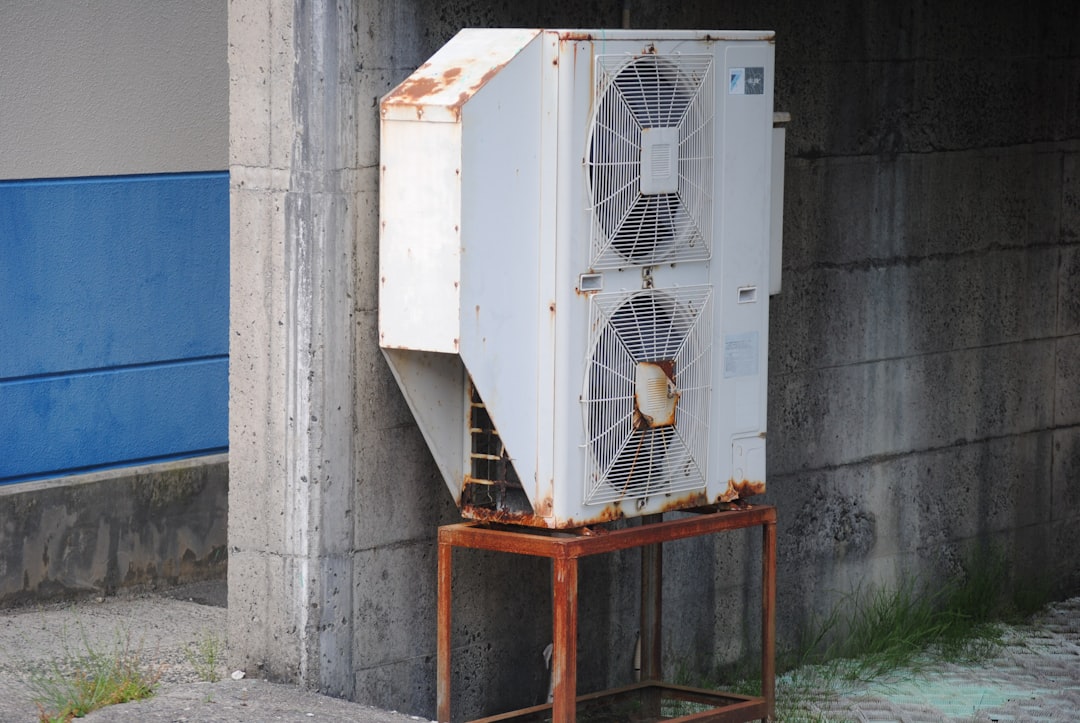
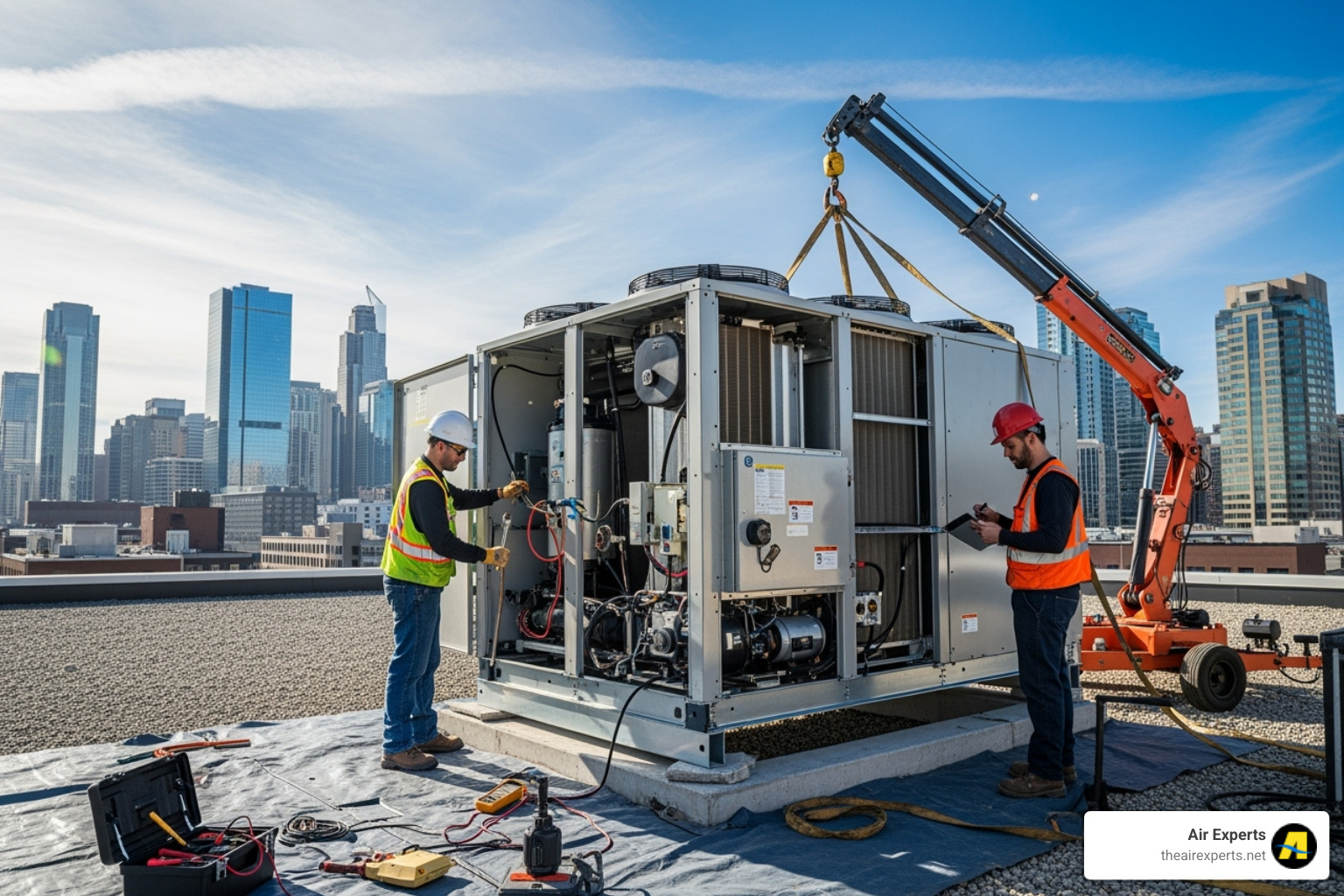
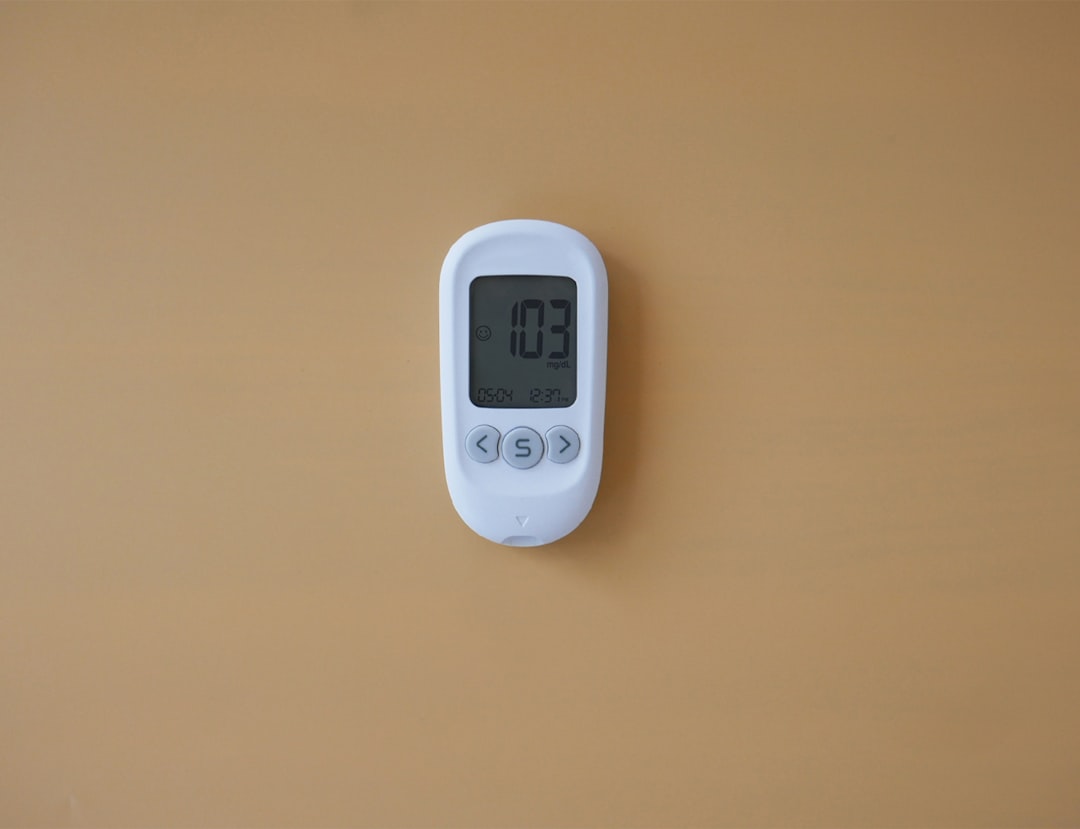
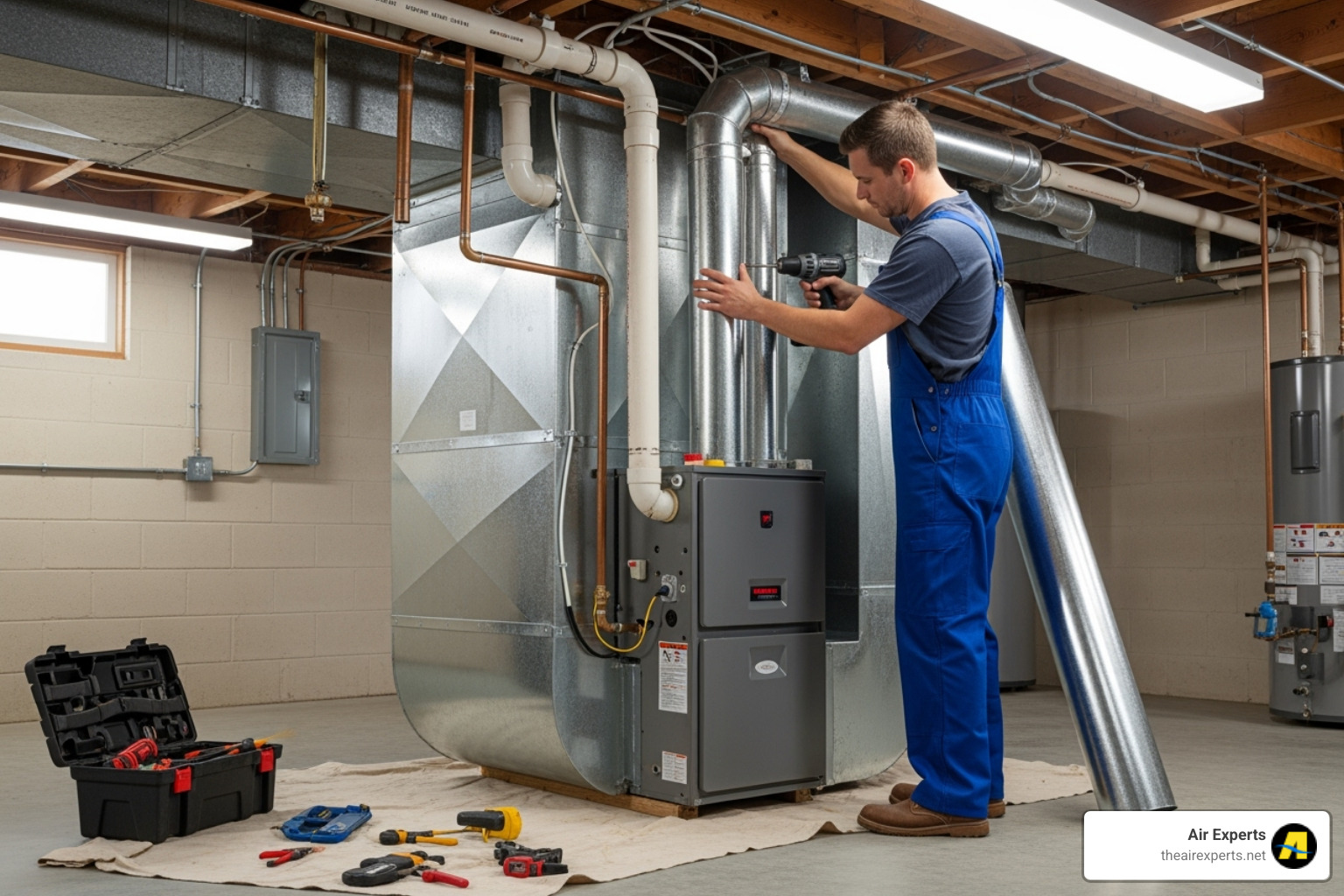
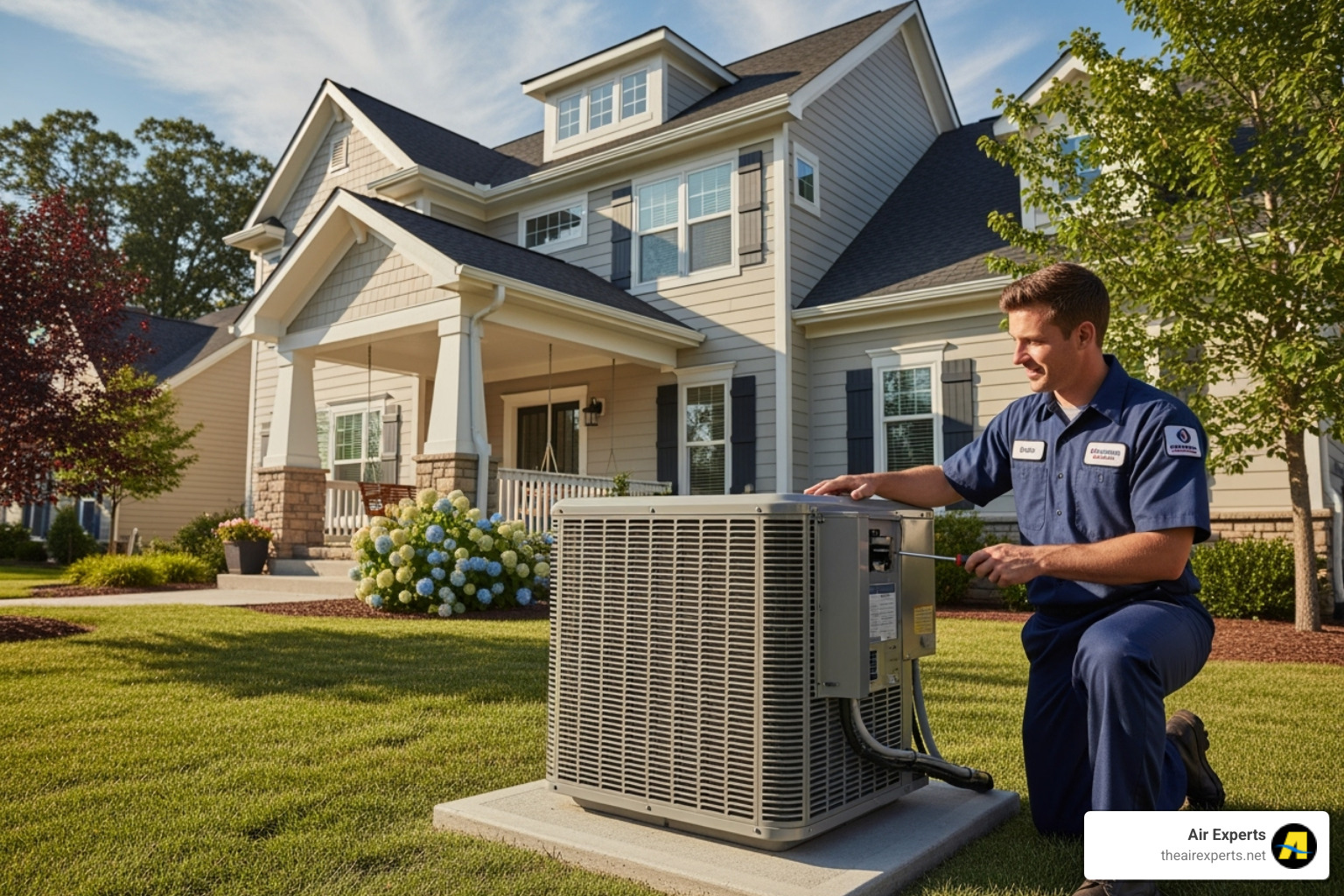
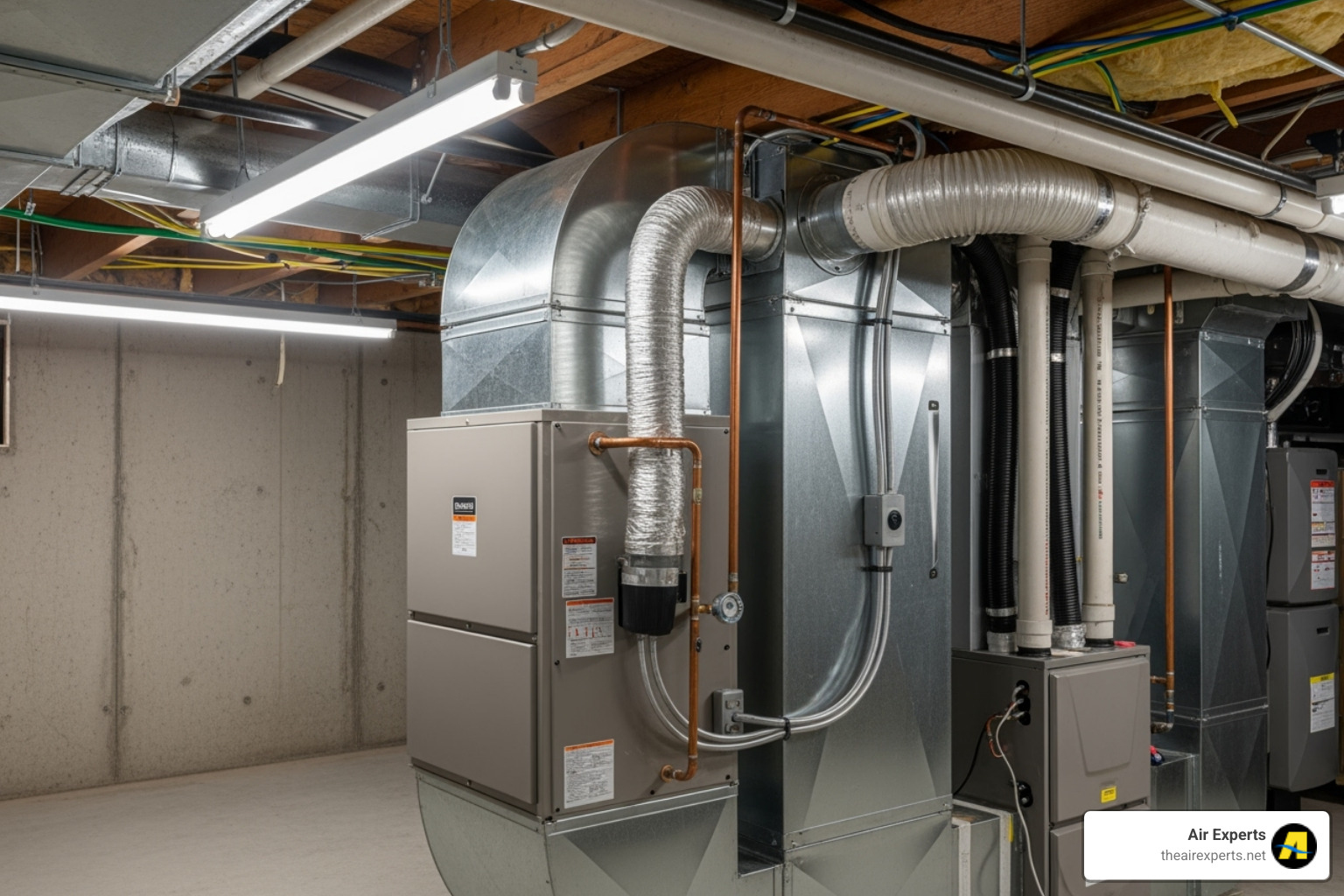
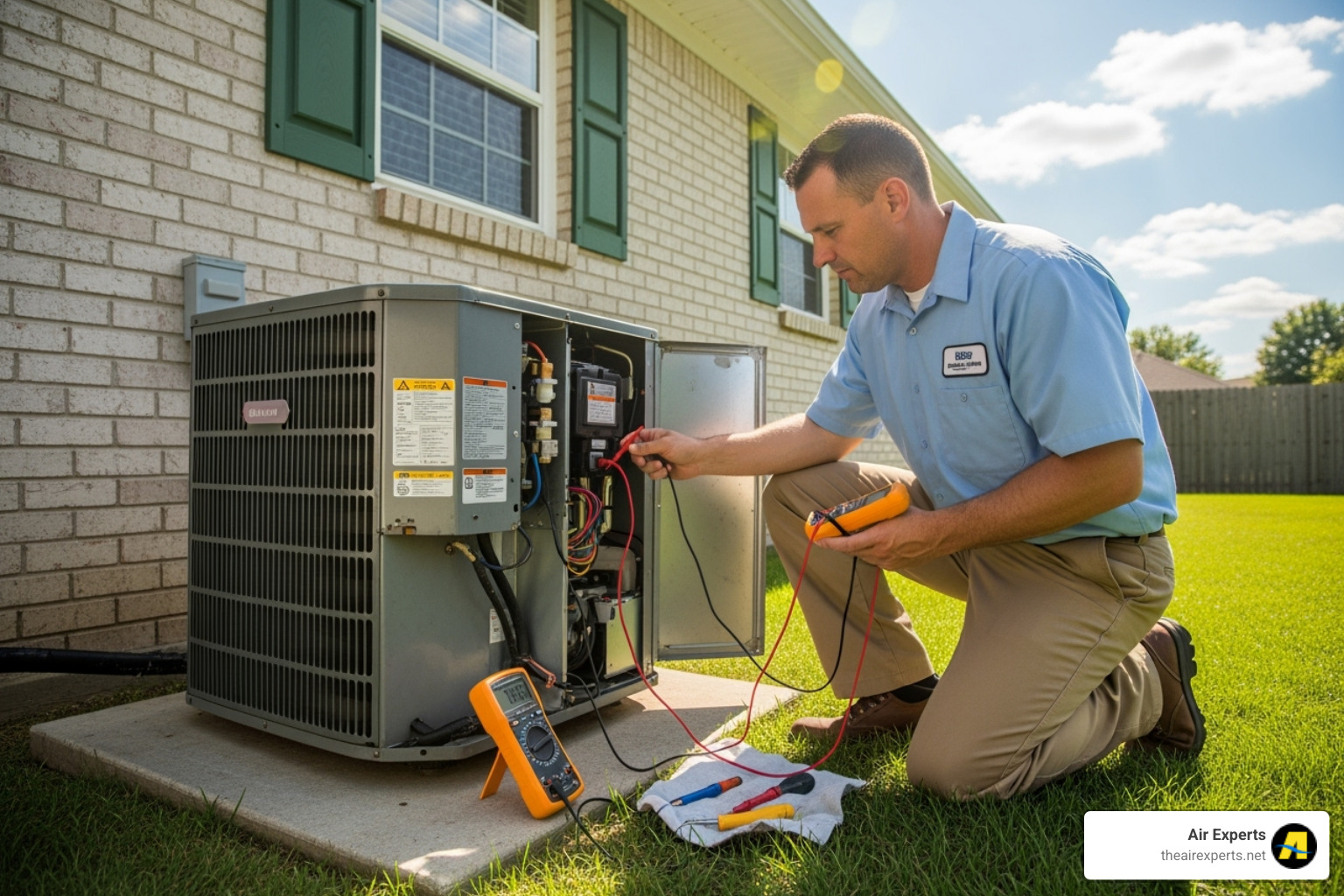
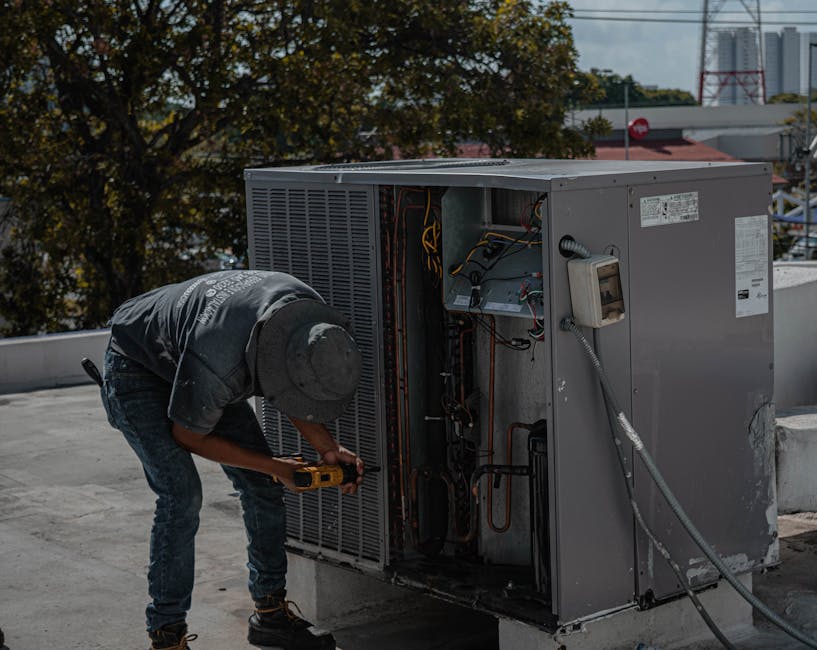
.svg)
.svg)




.svg)
.svg)
